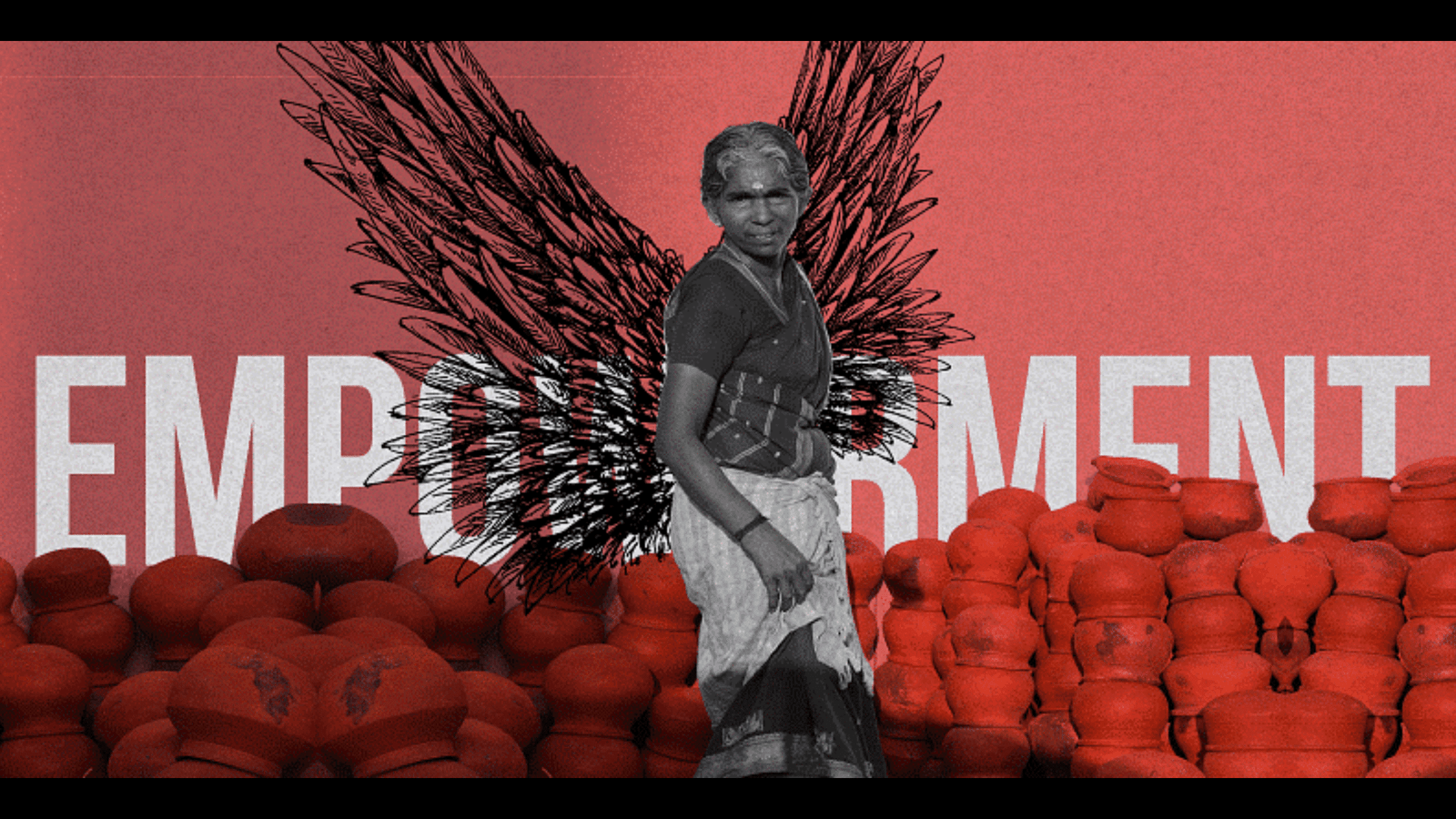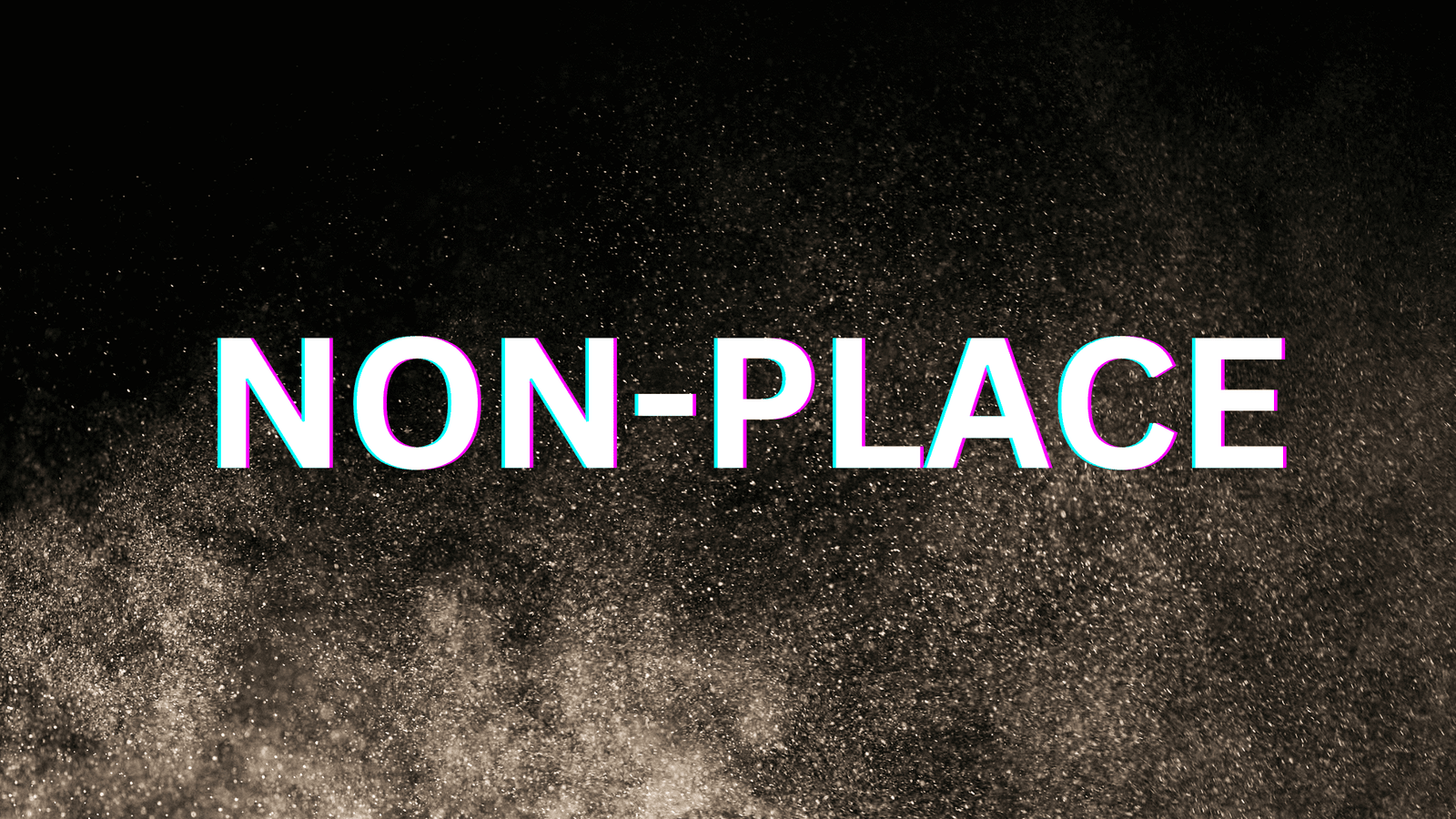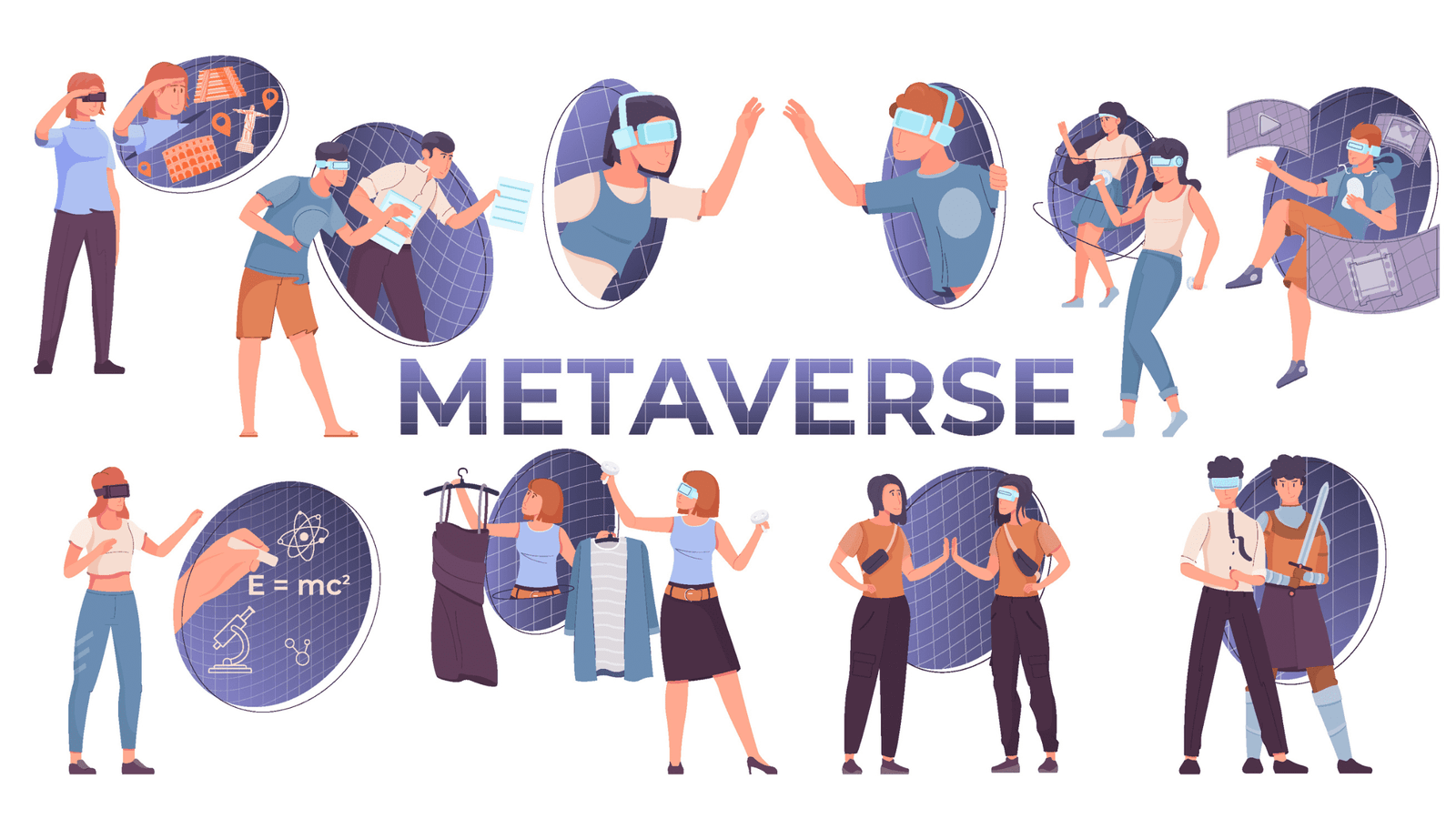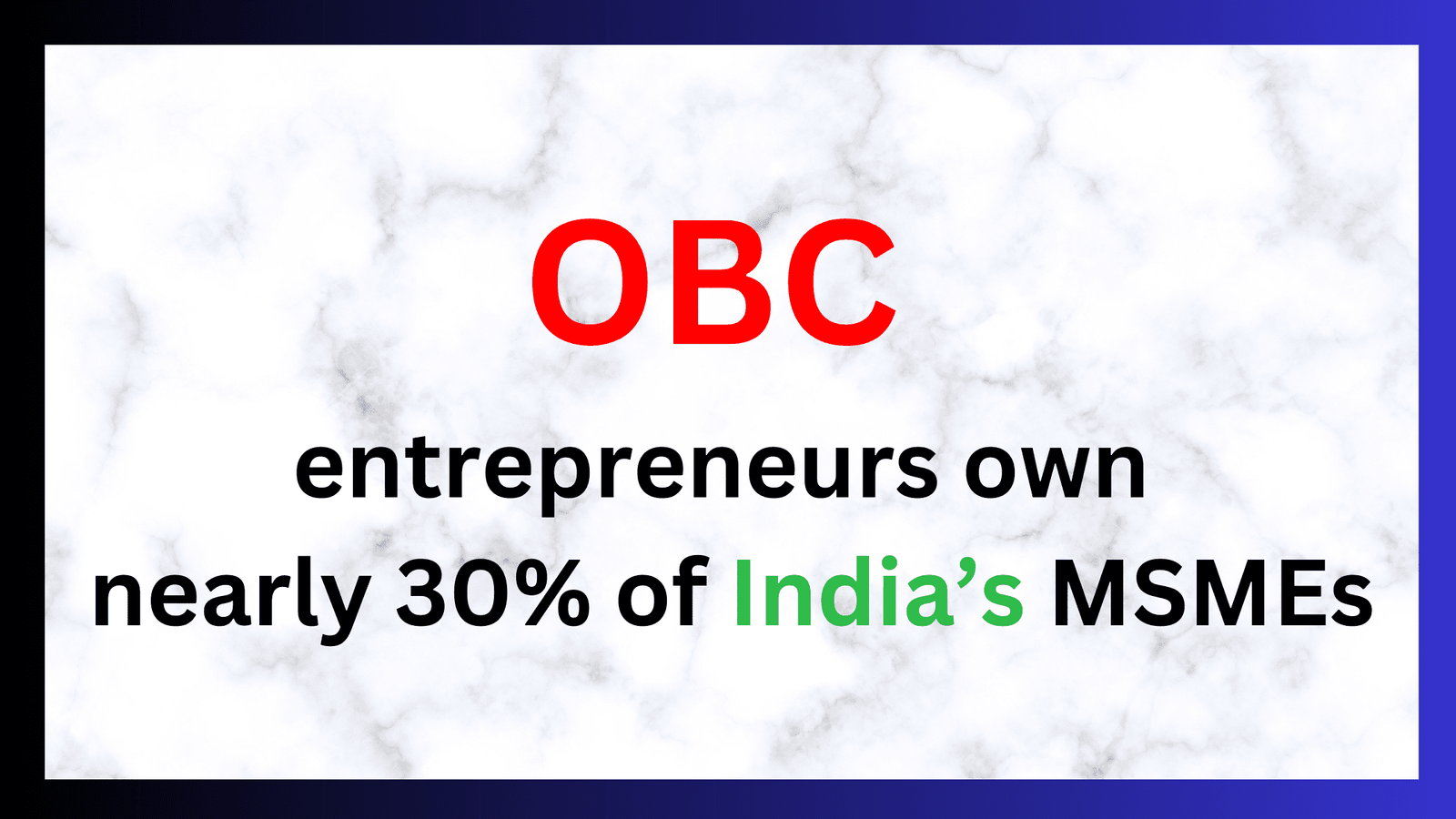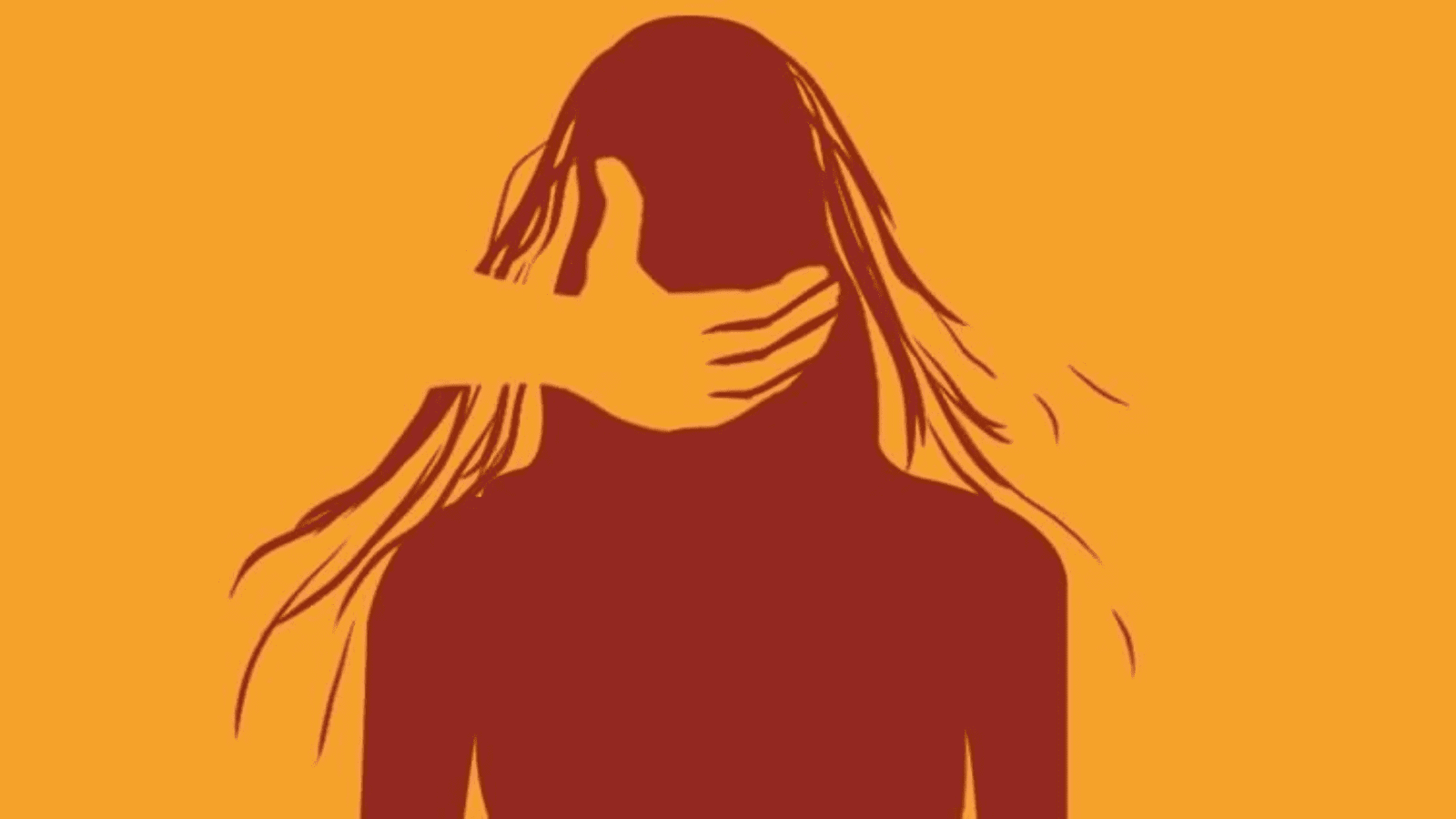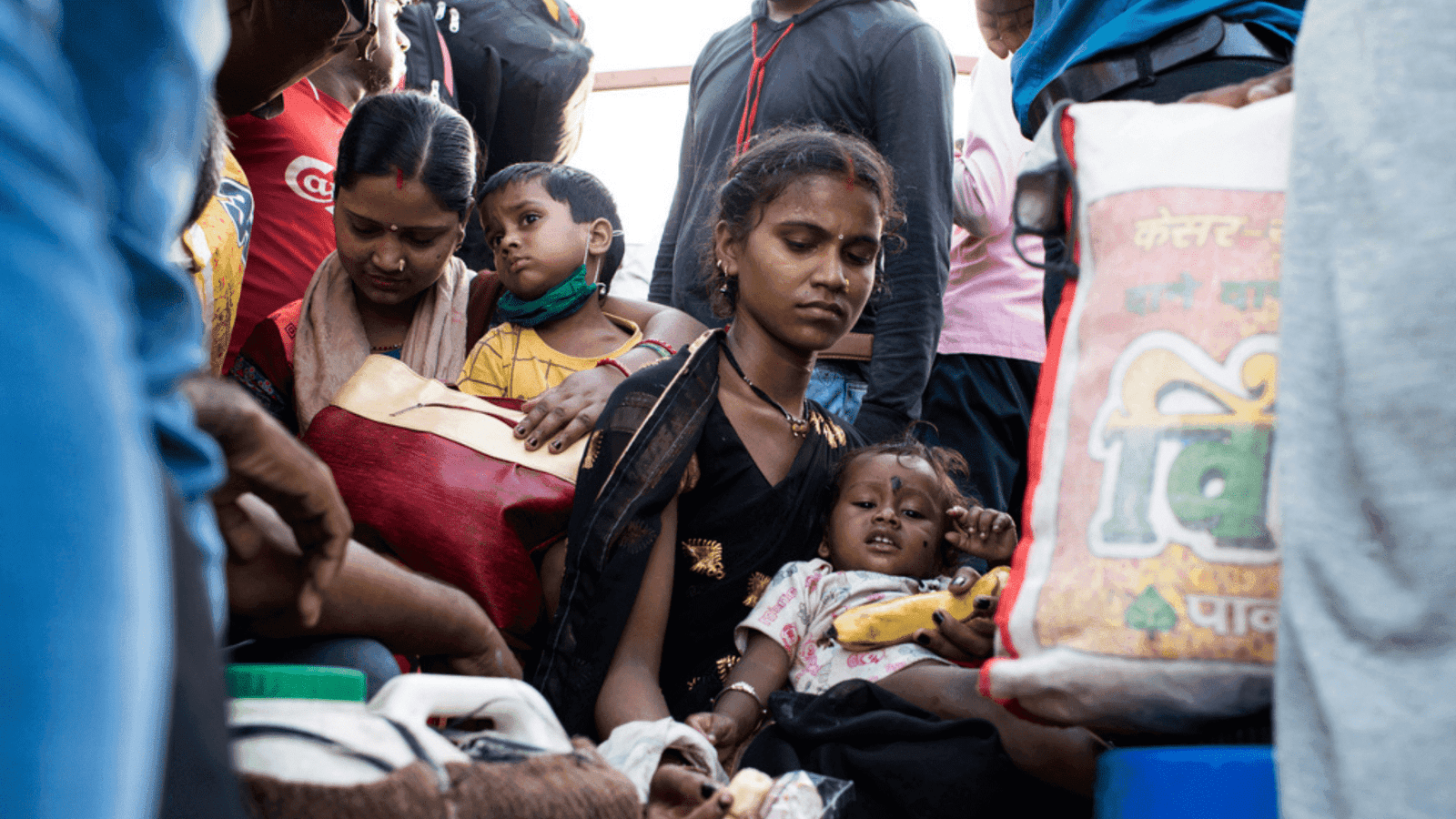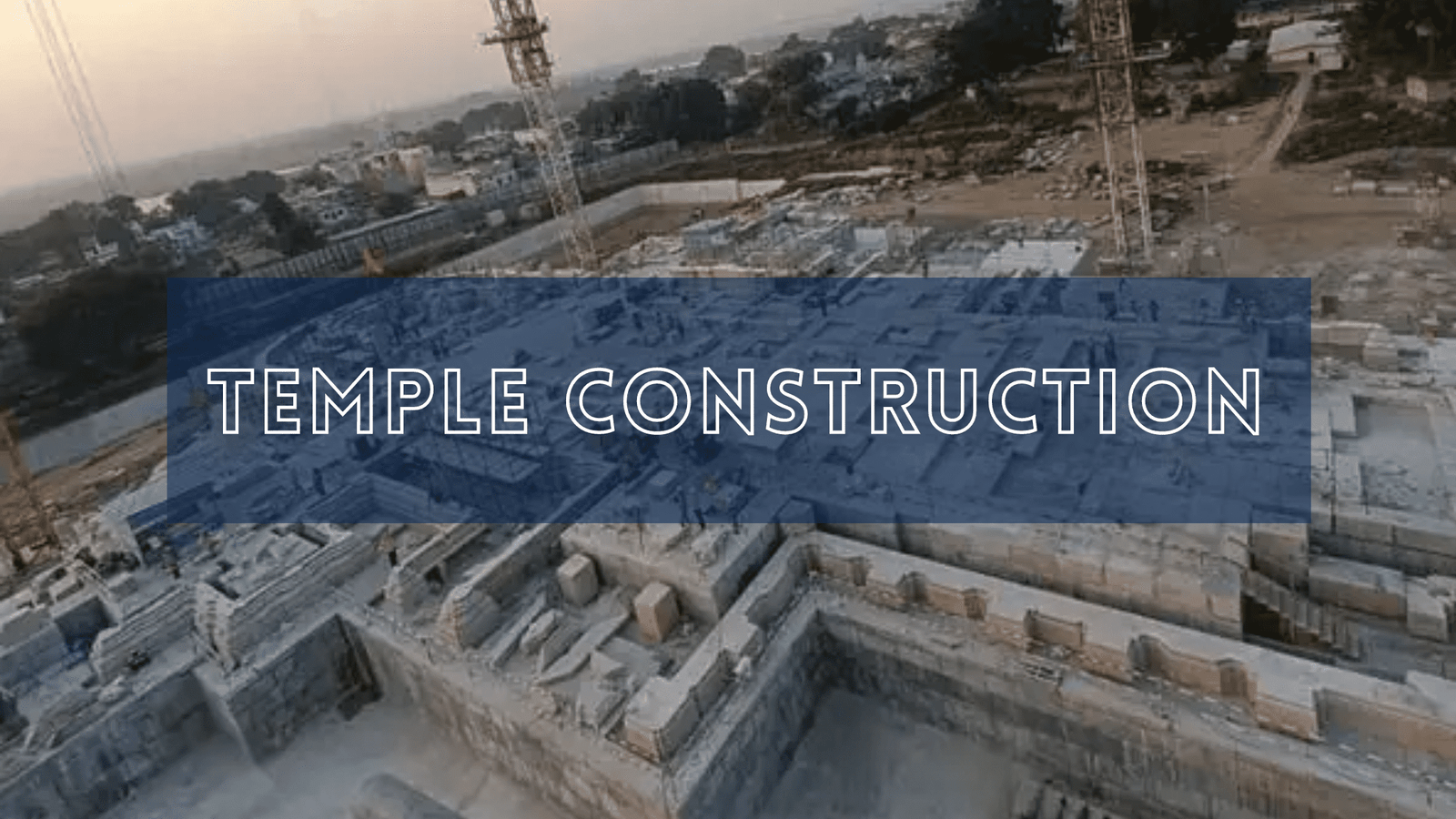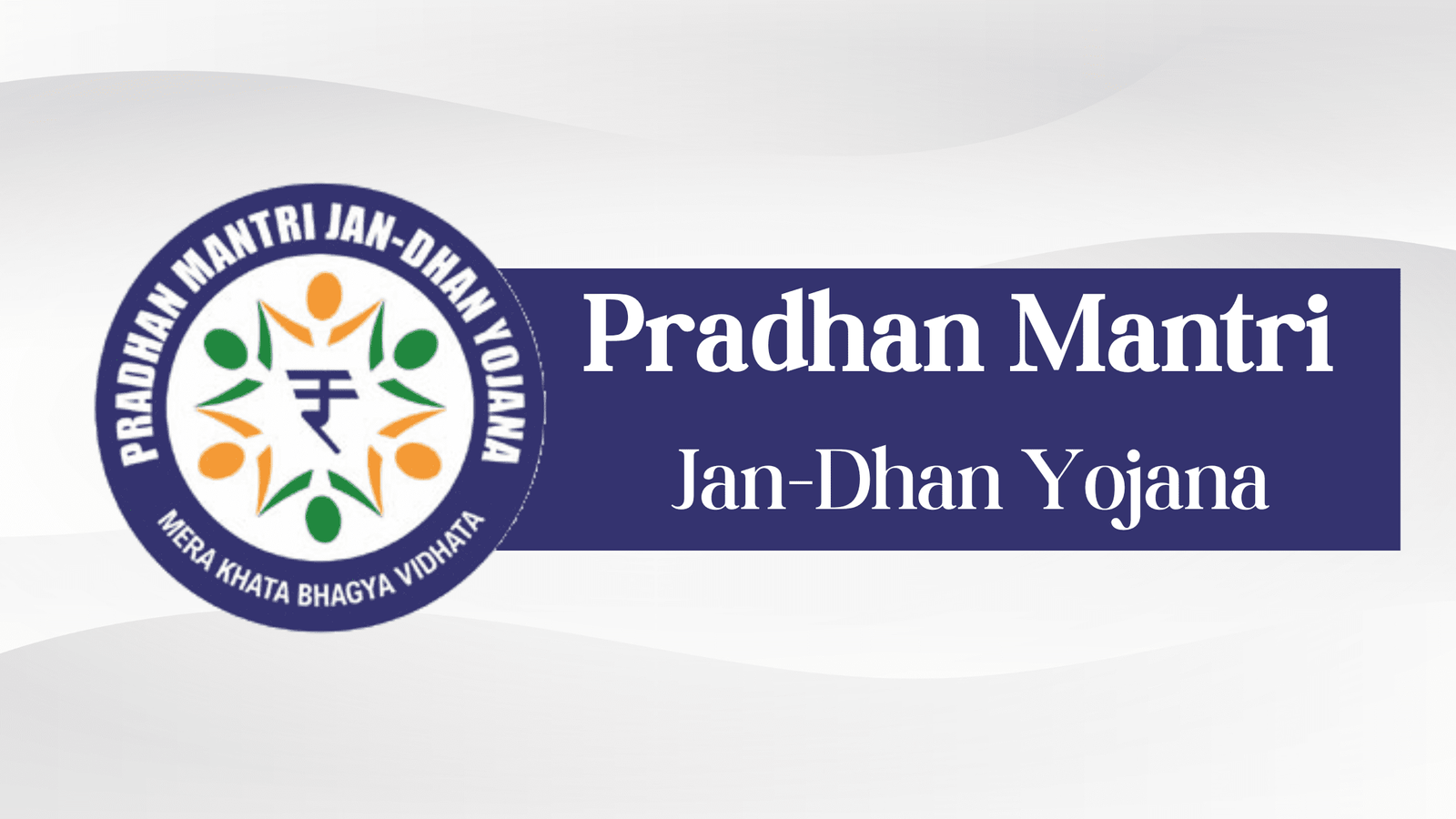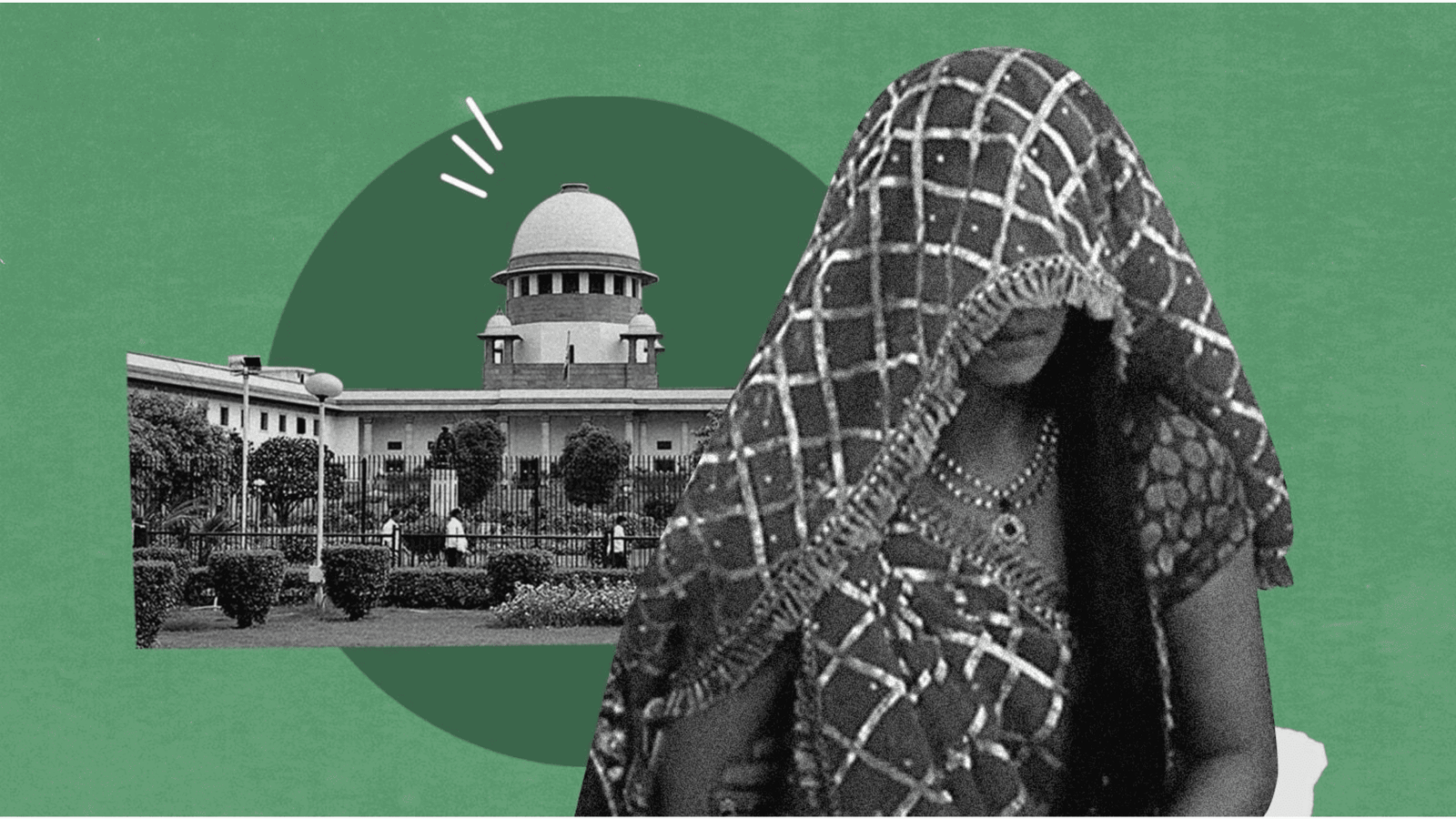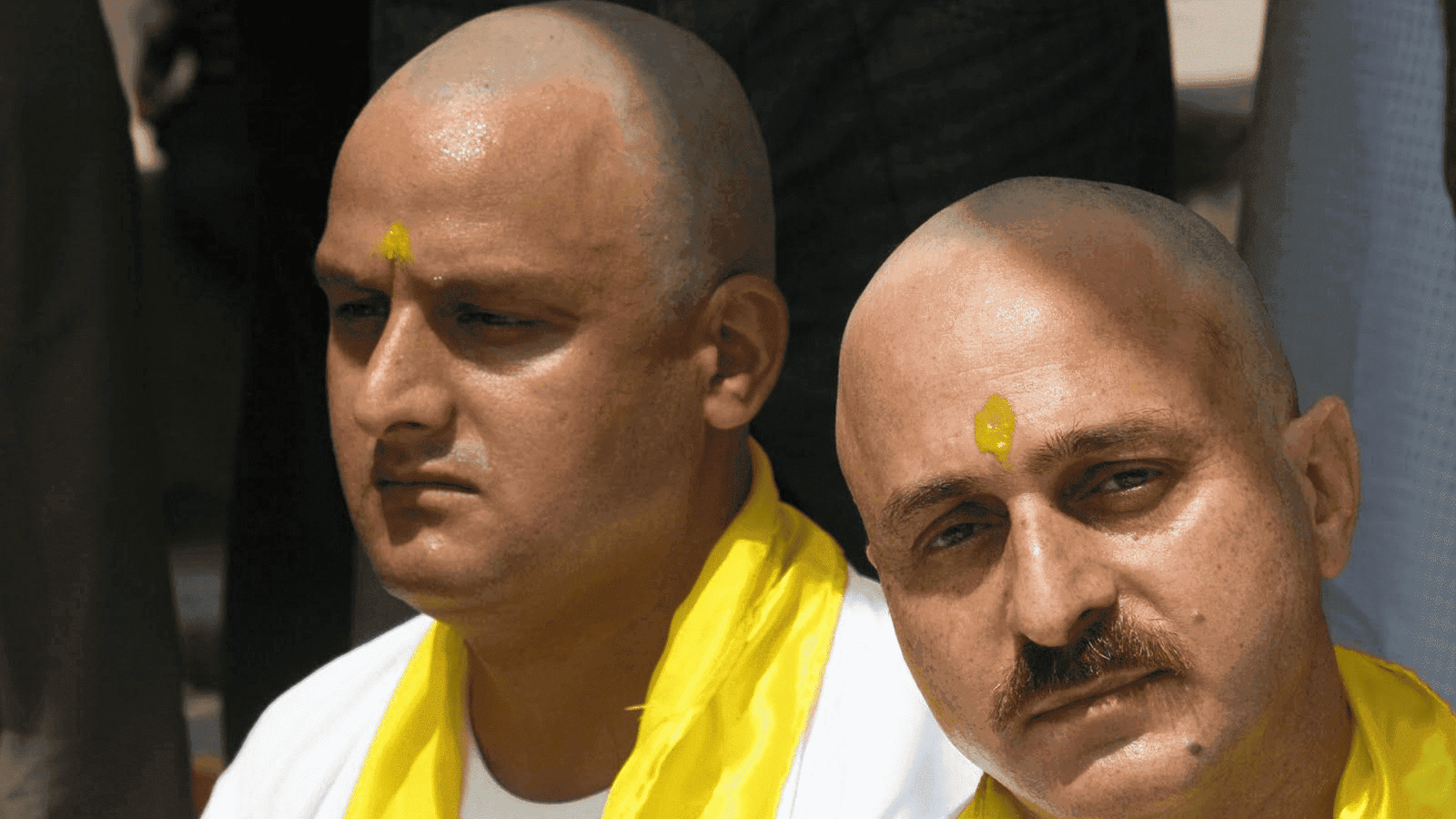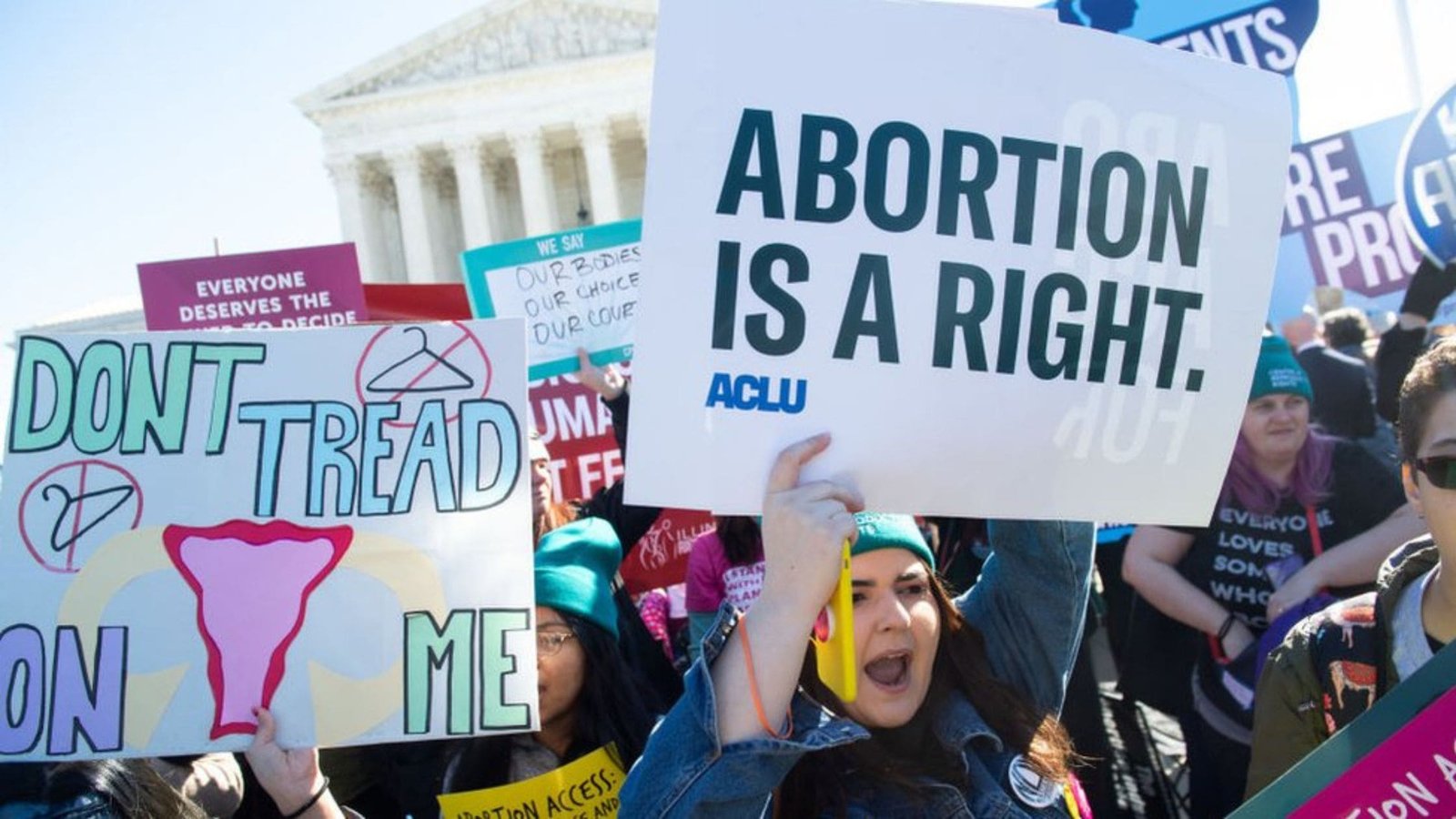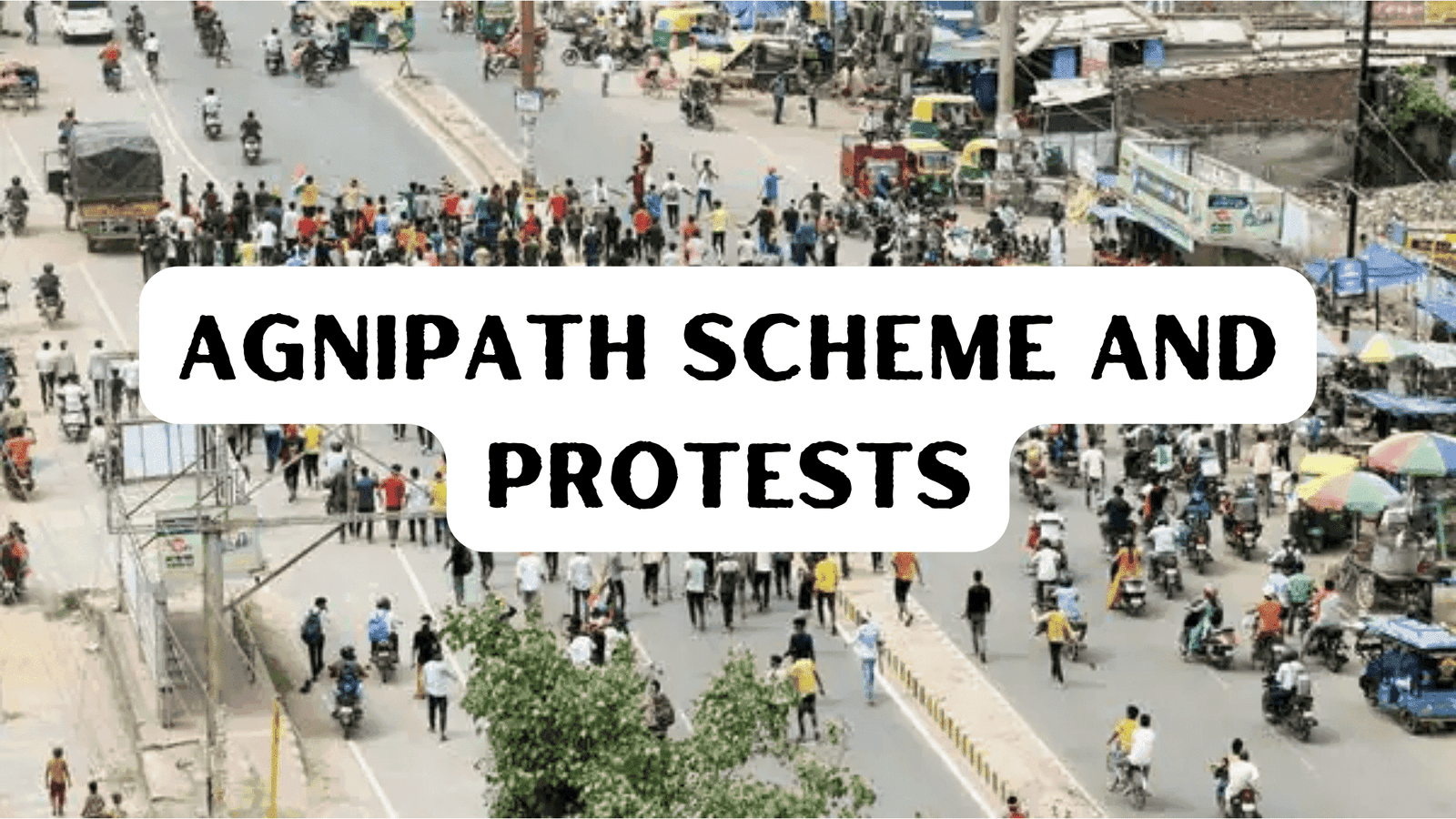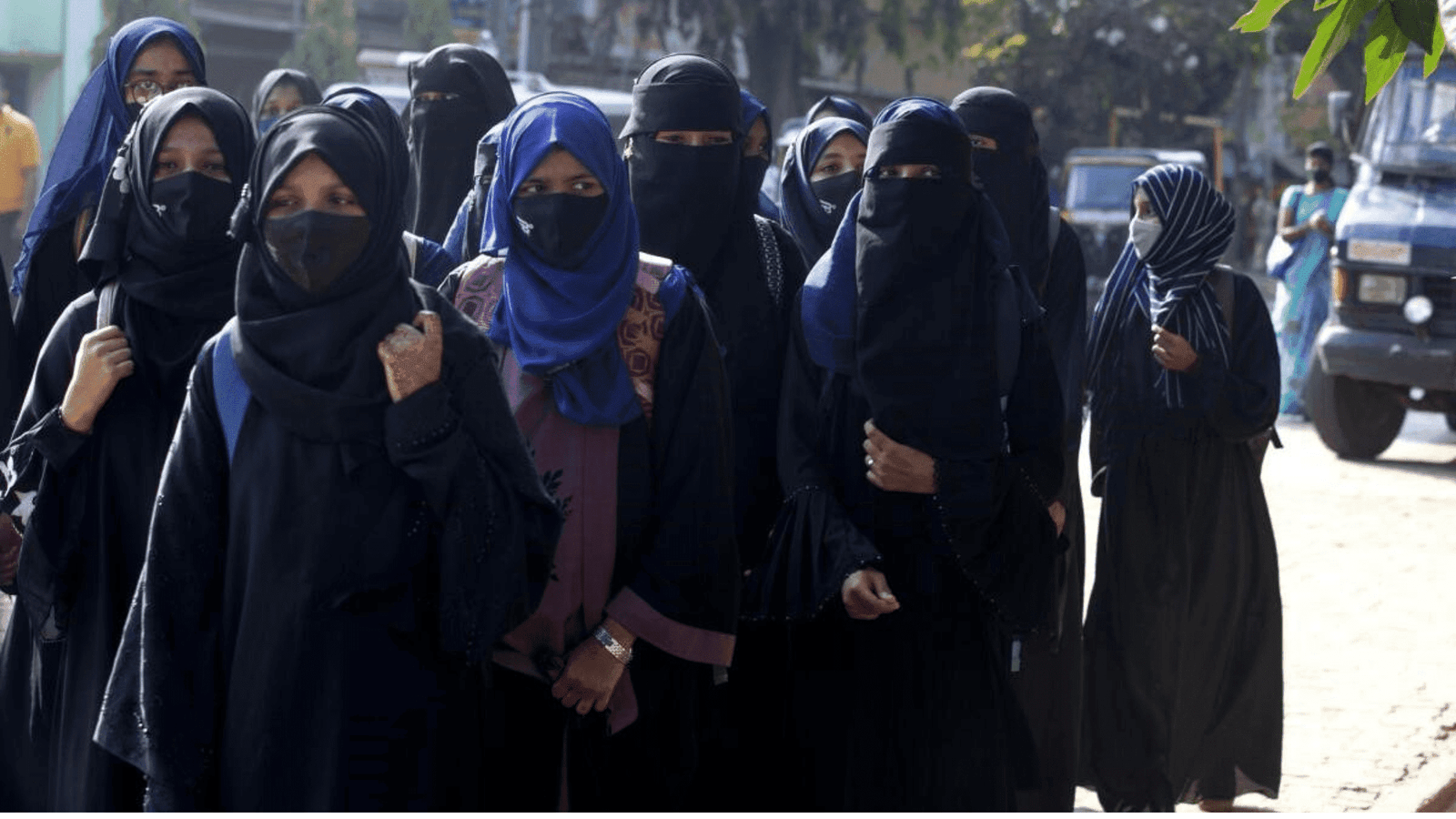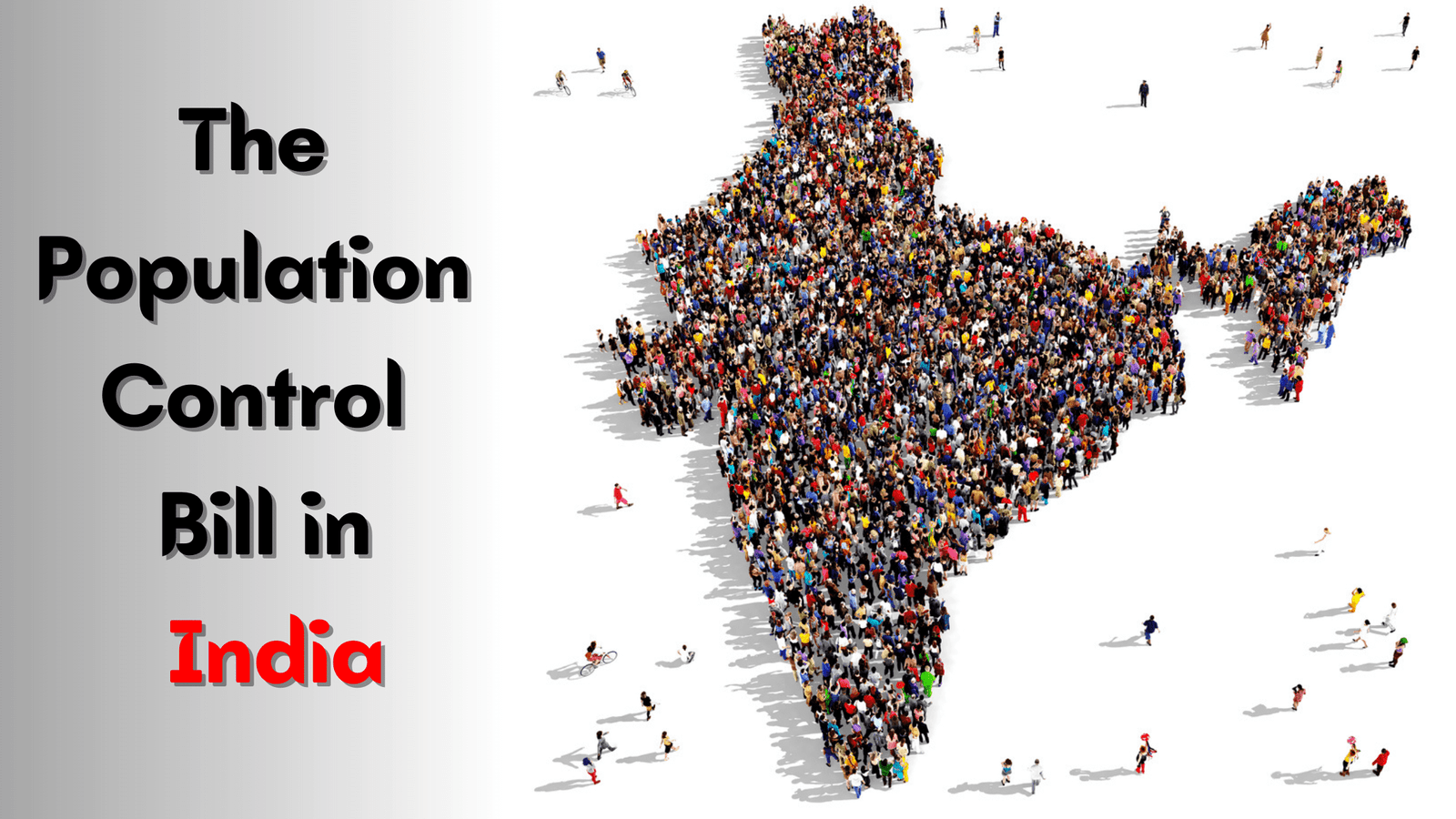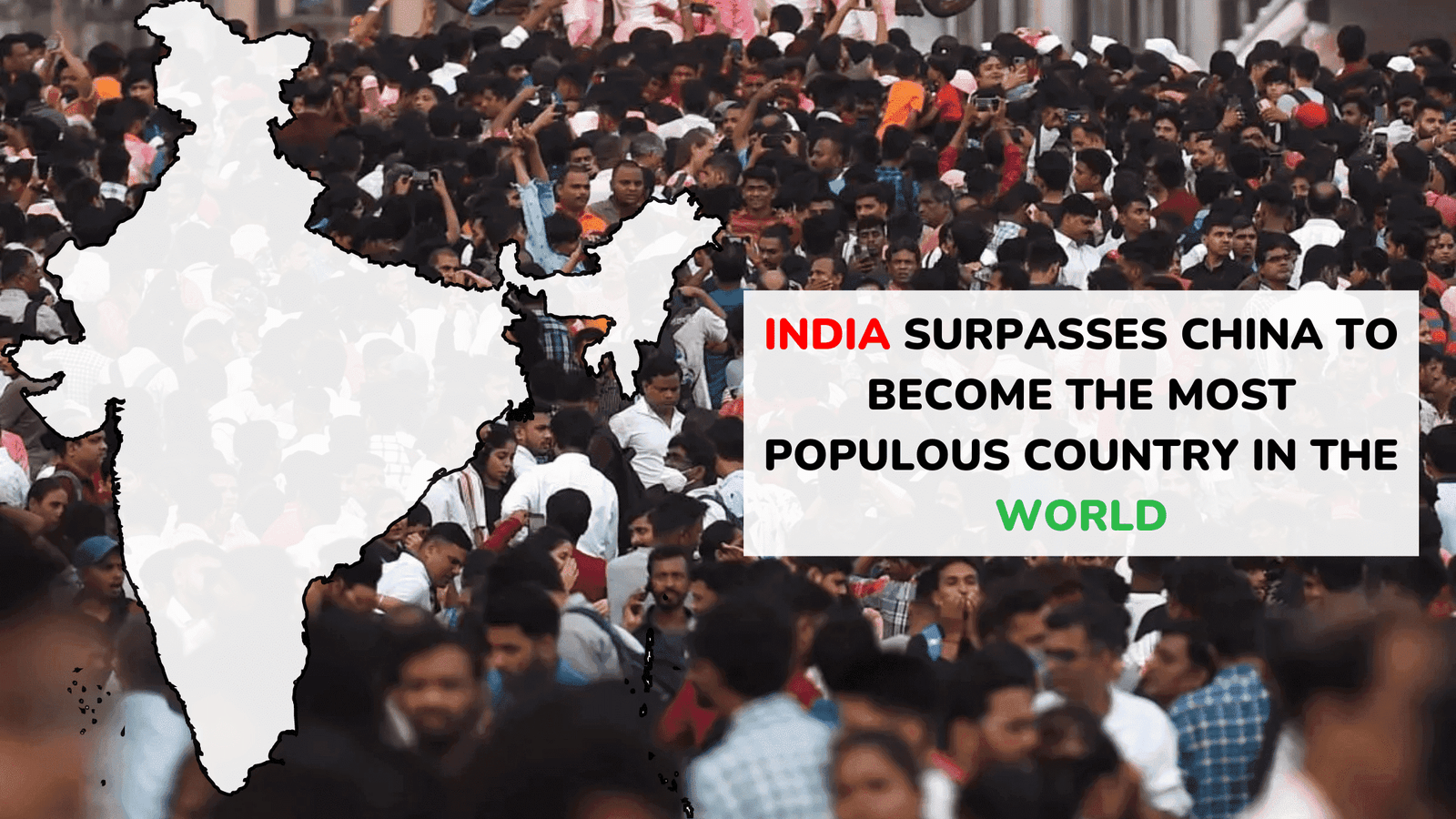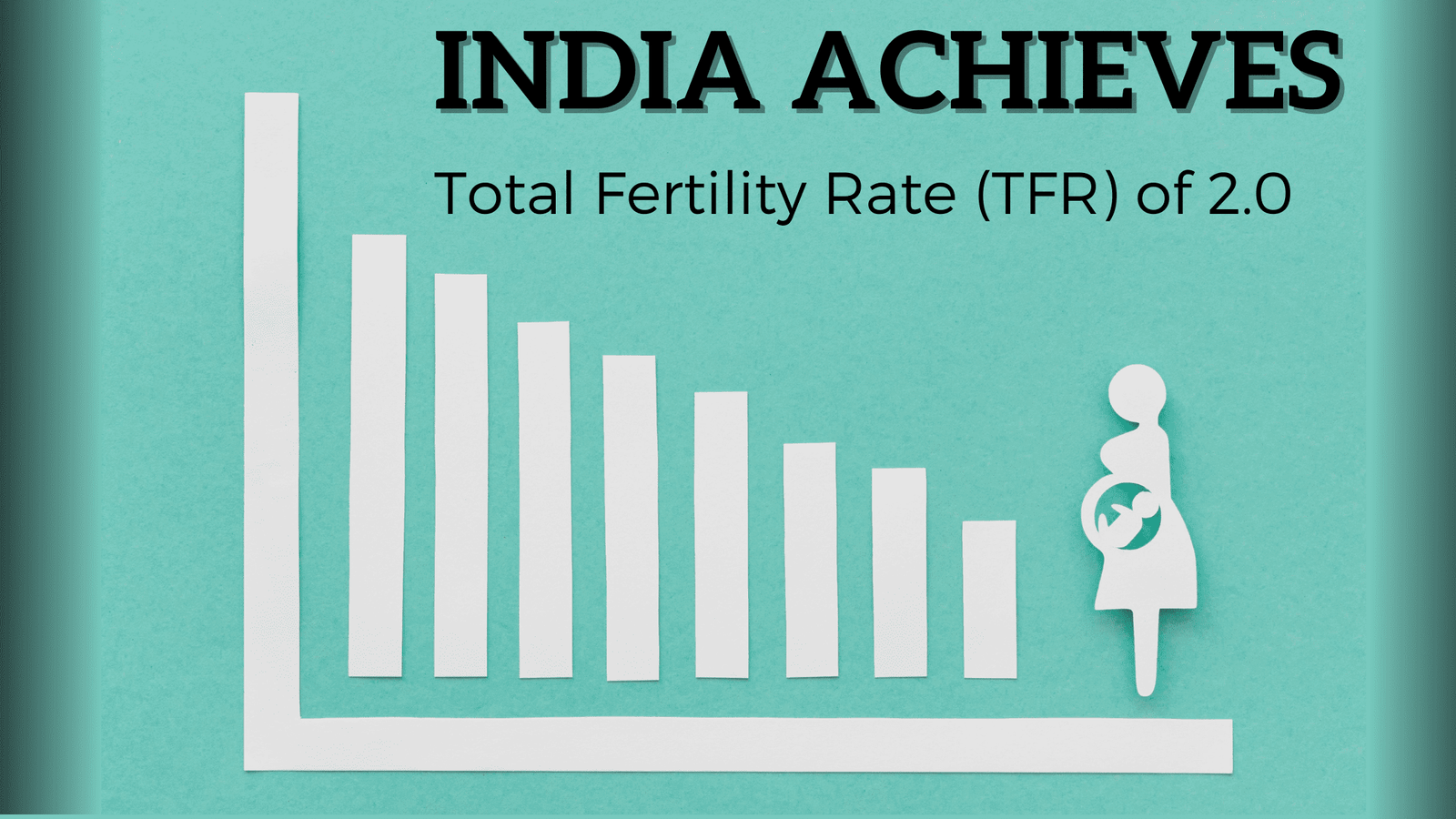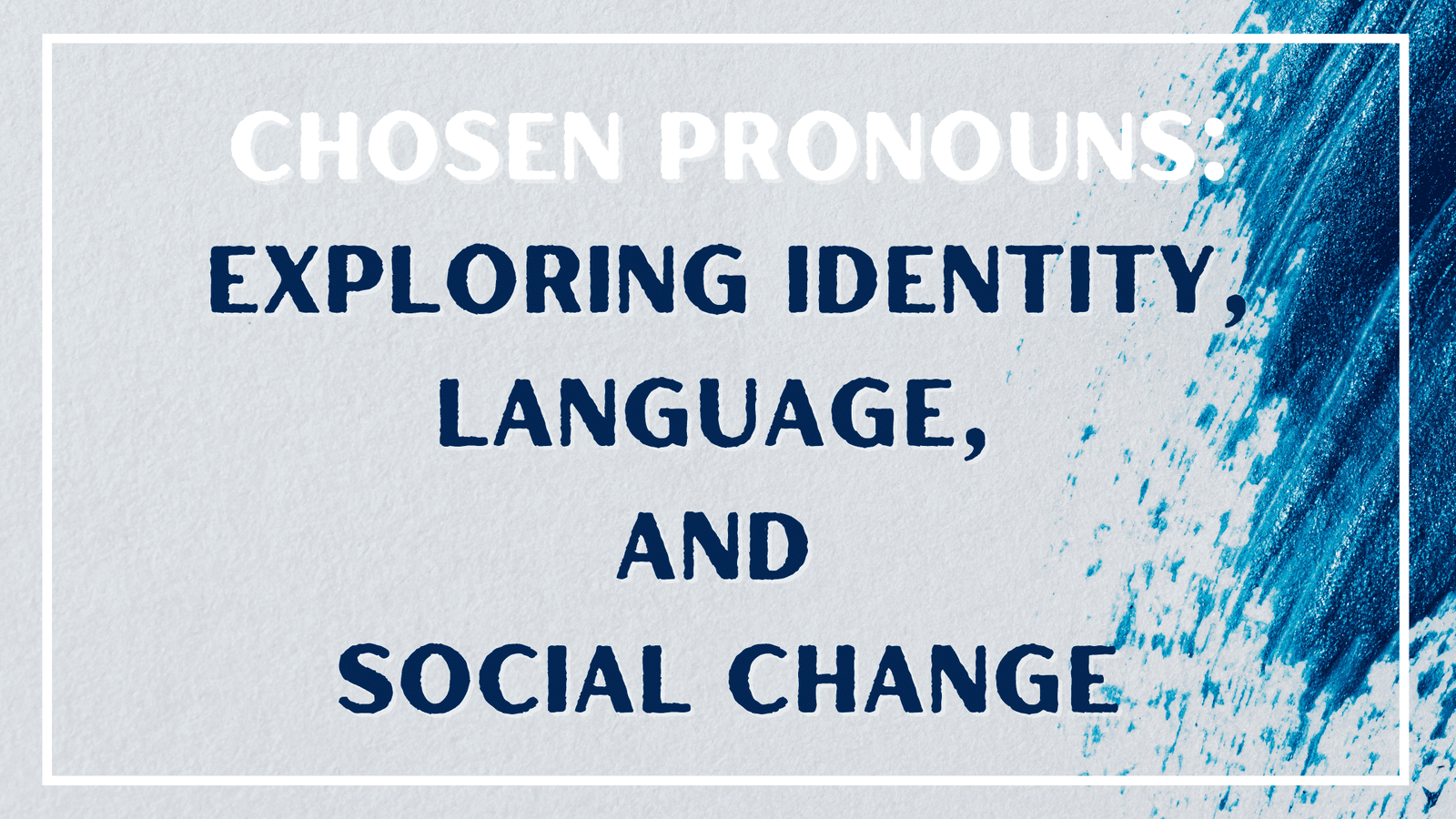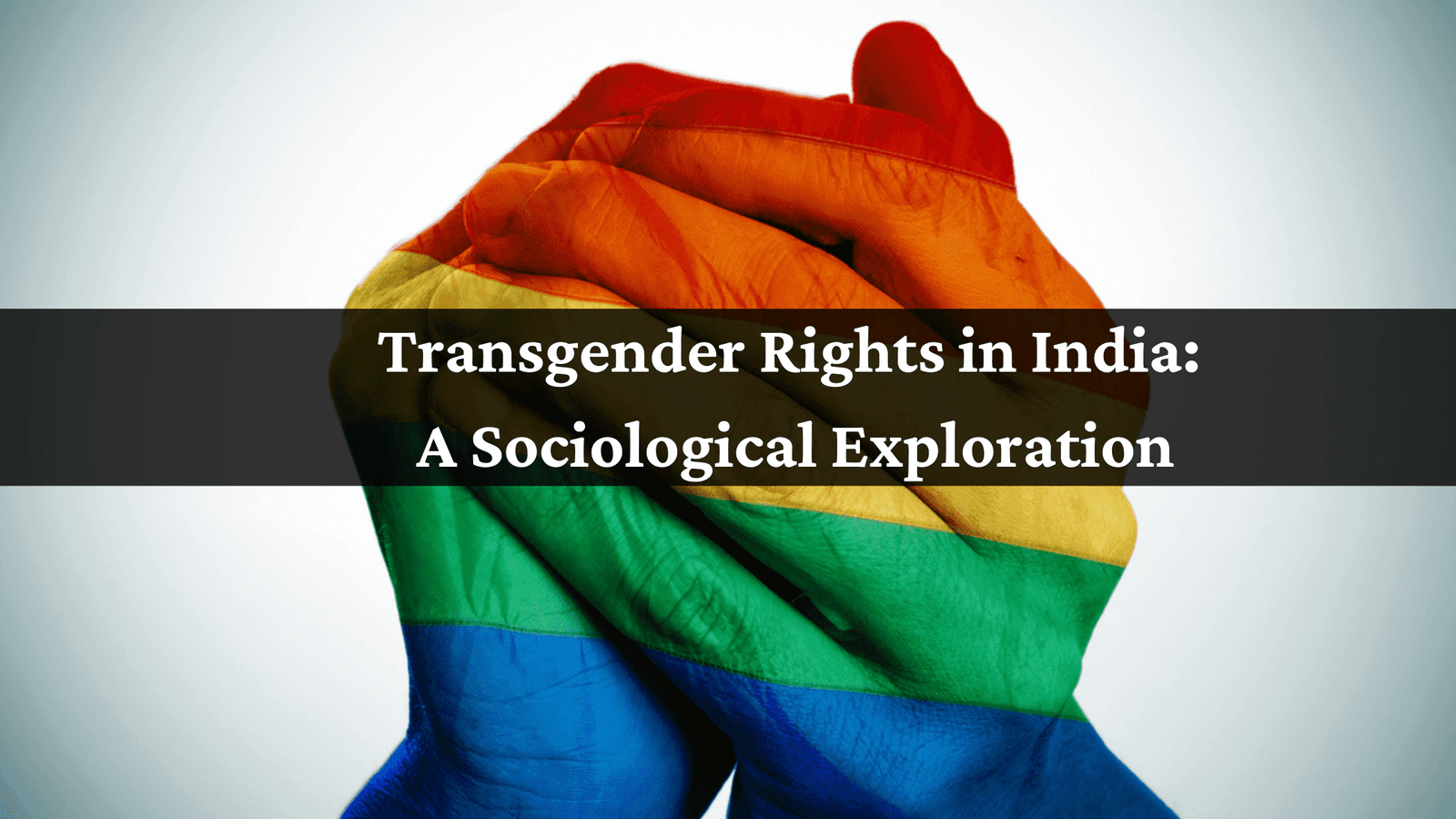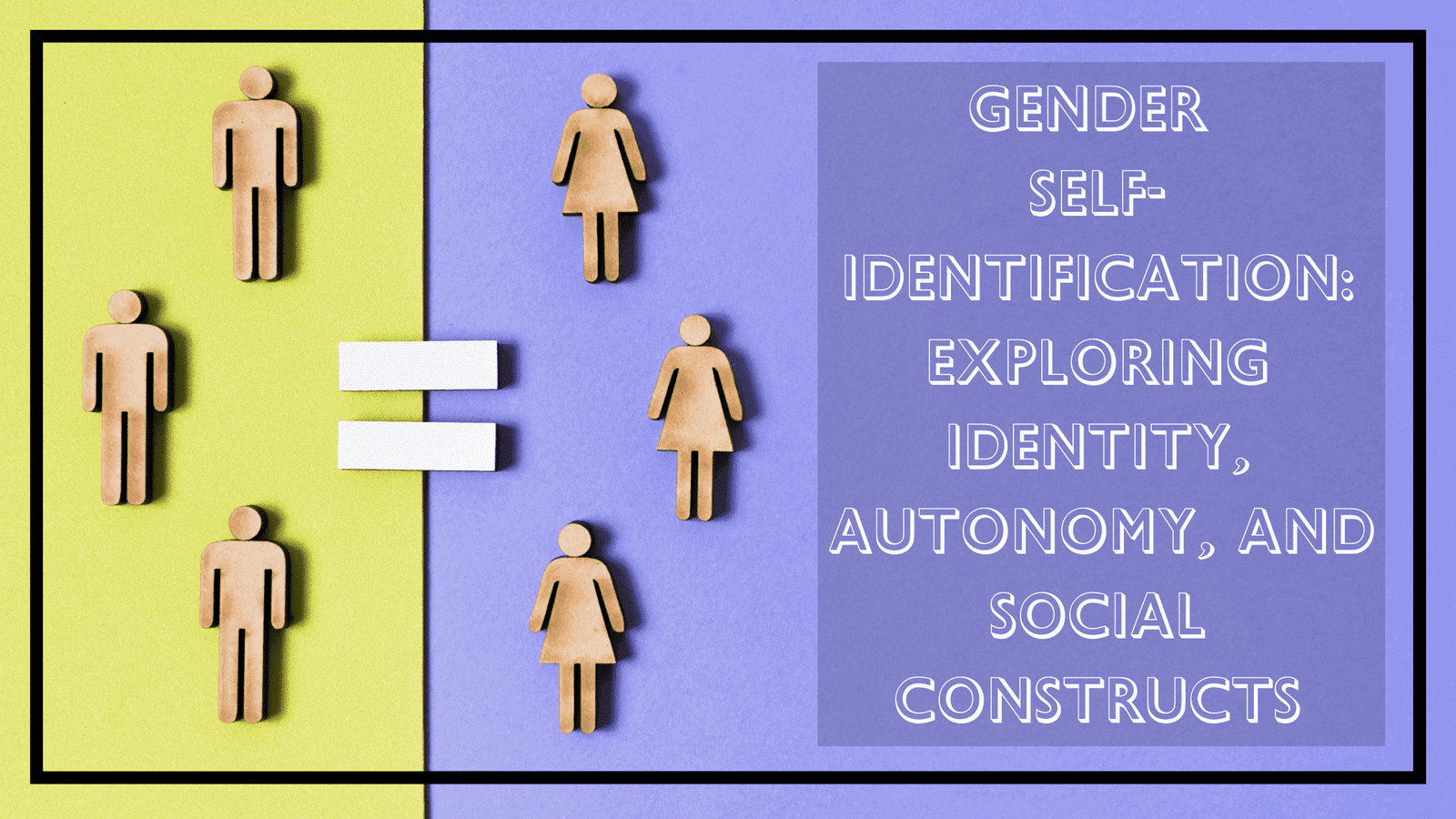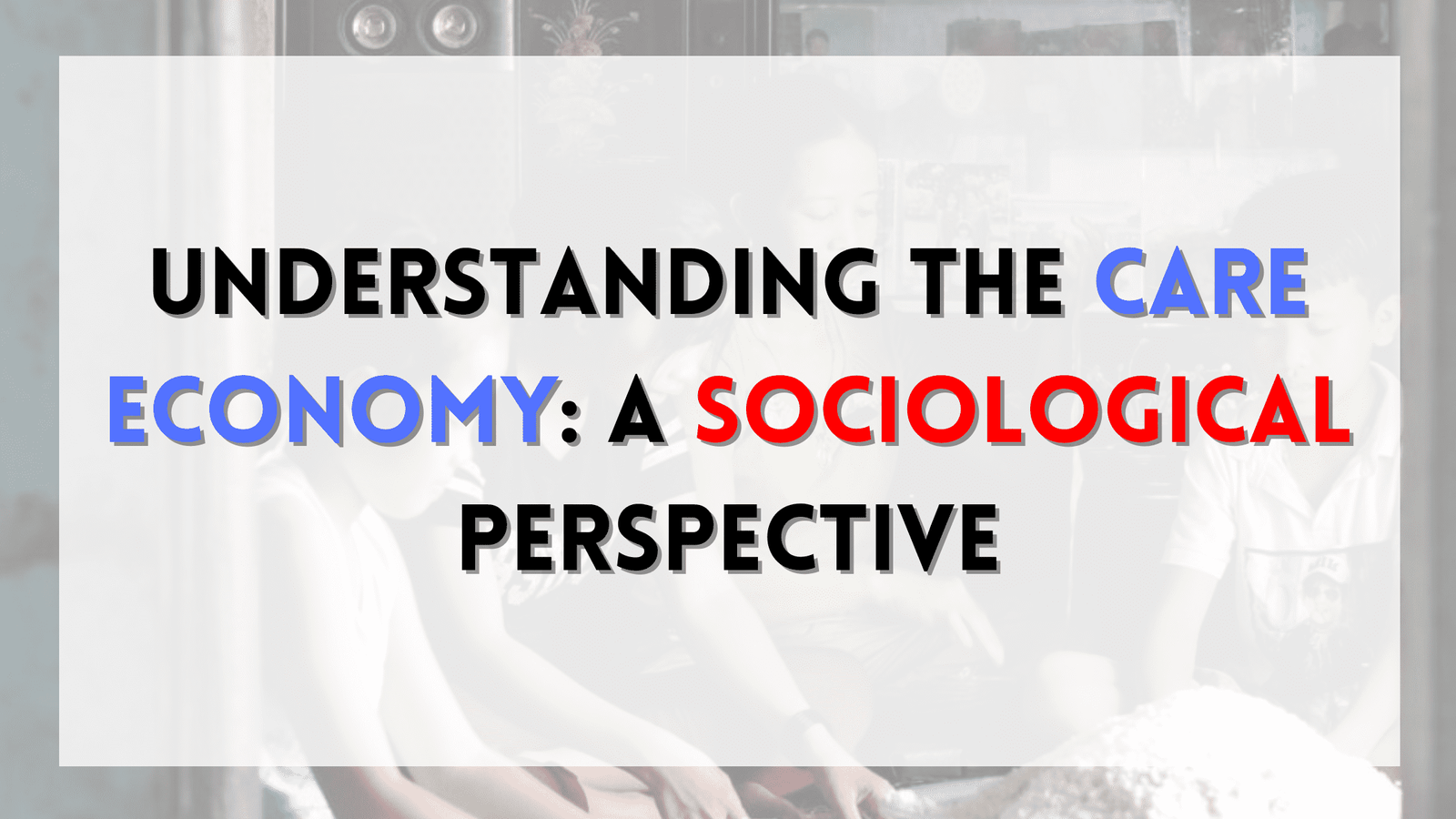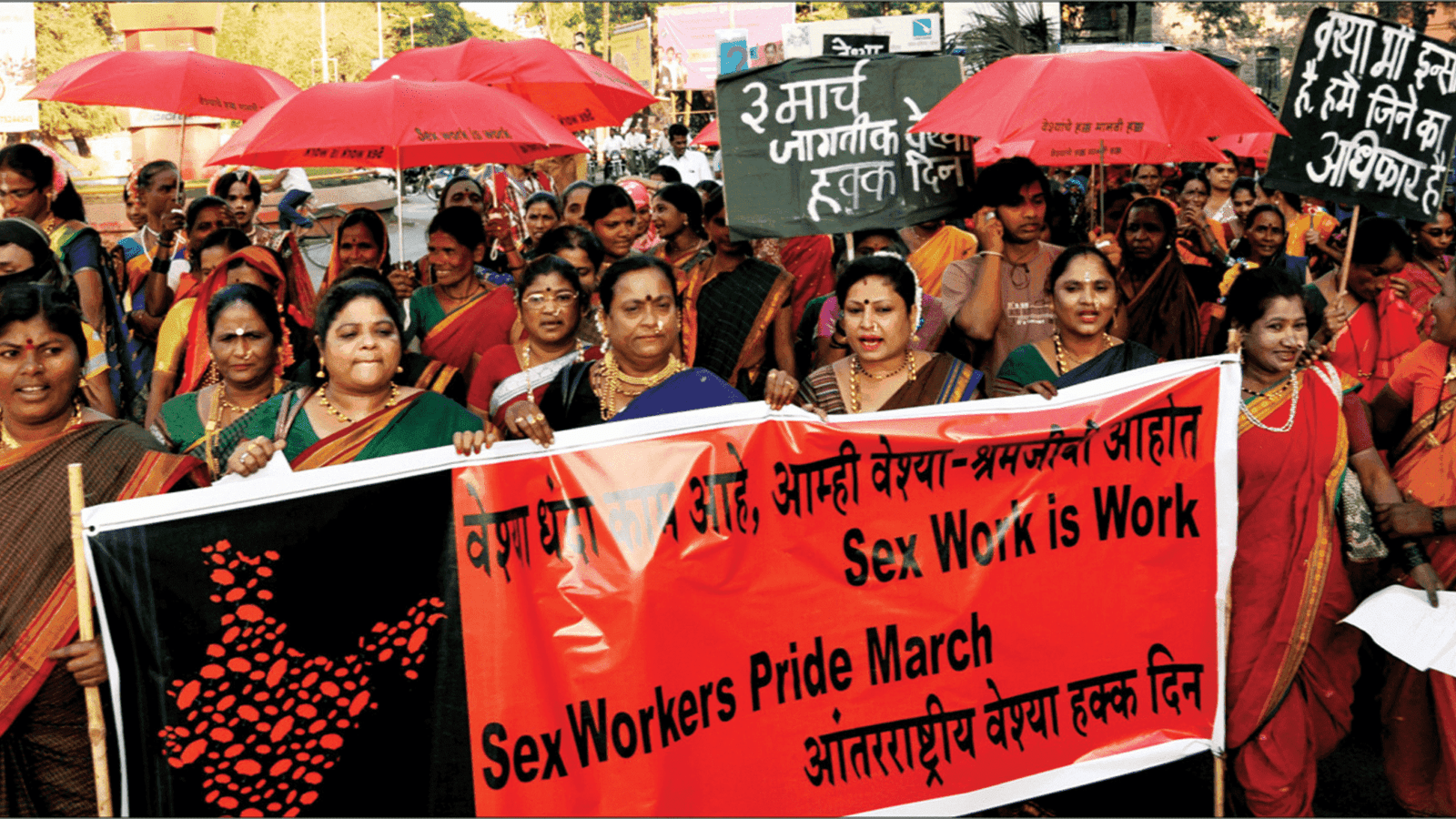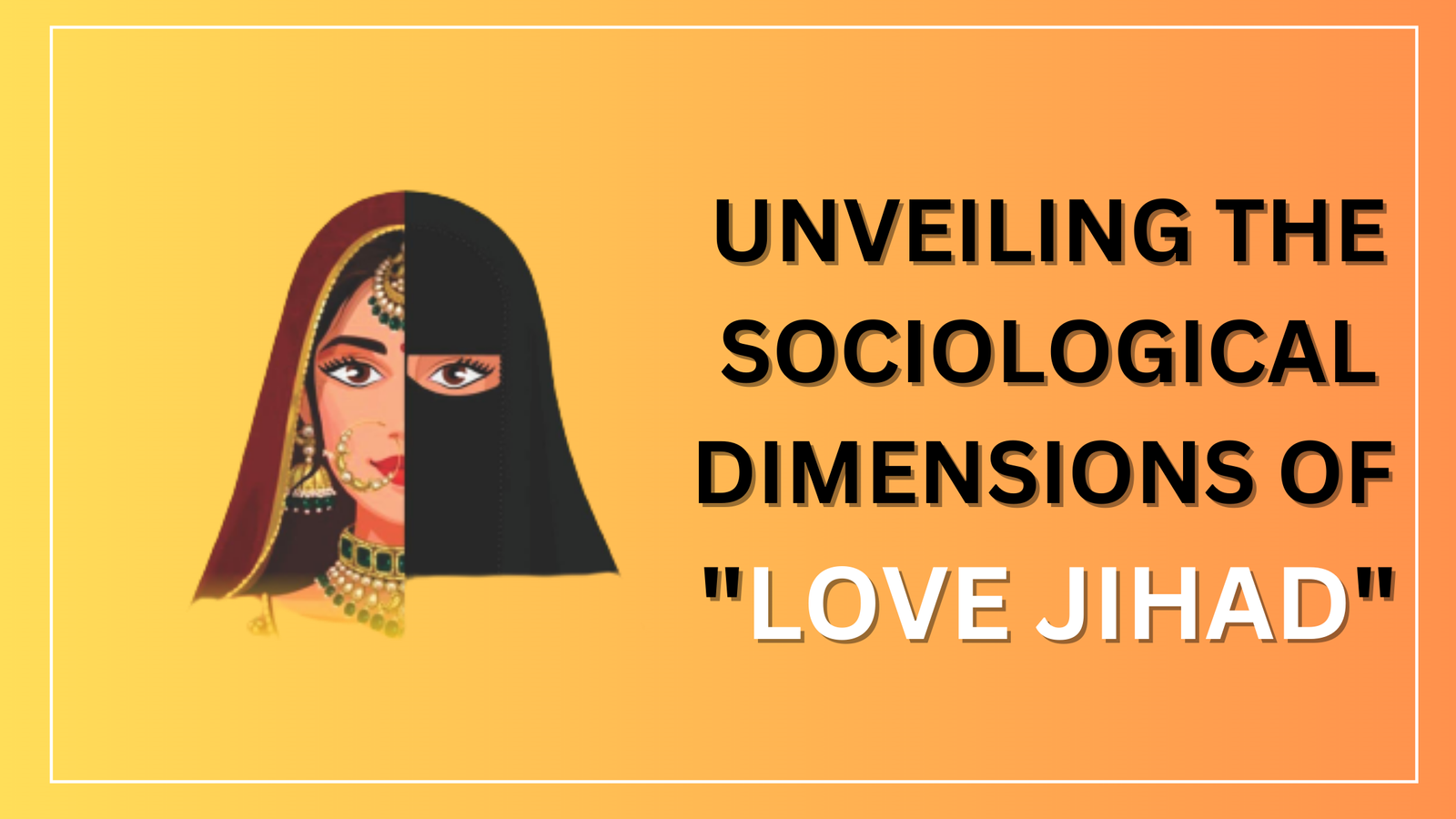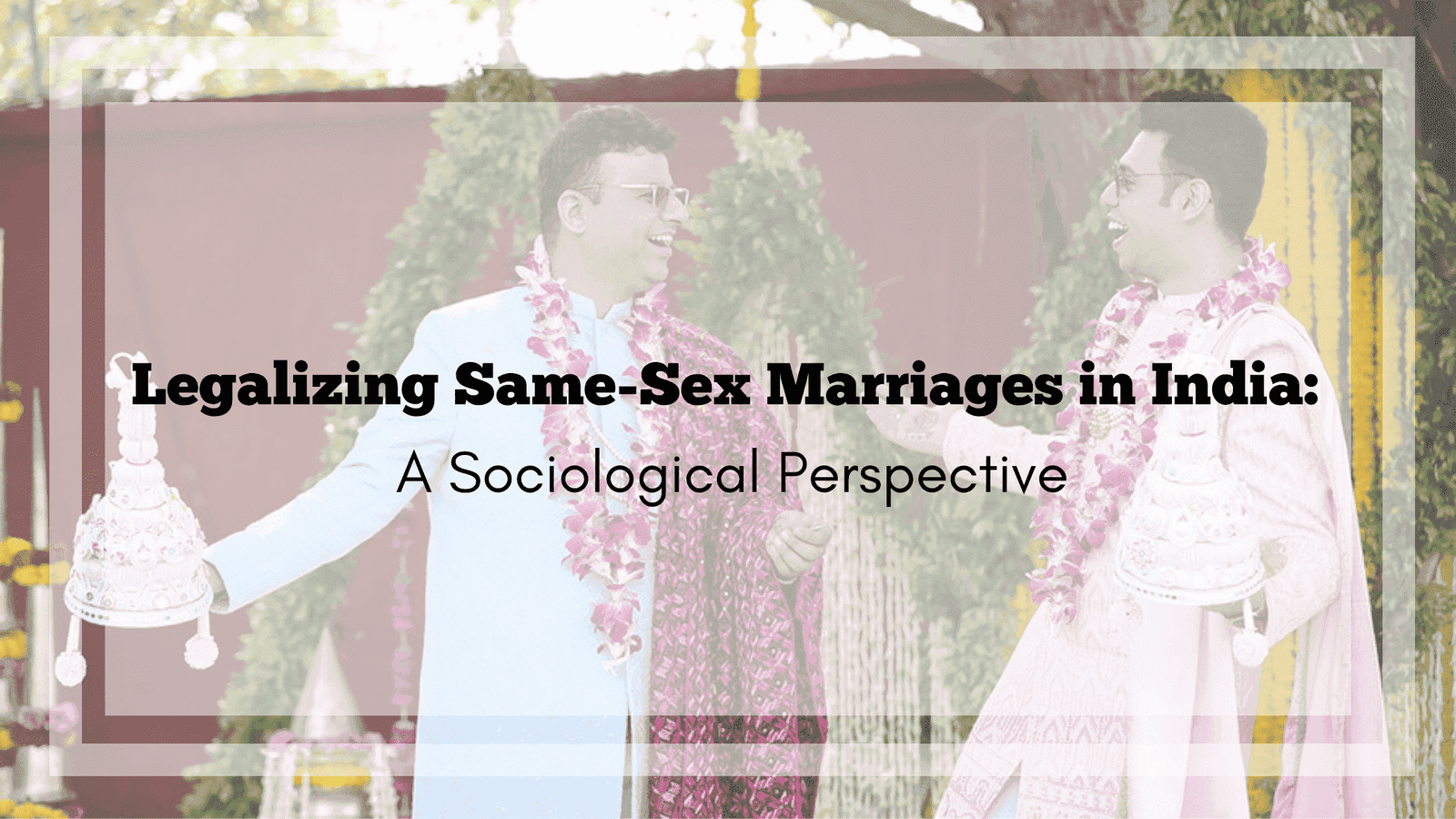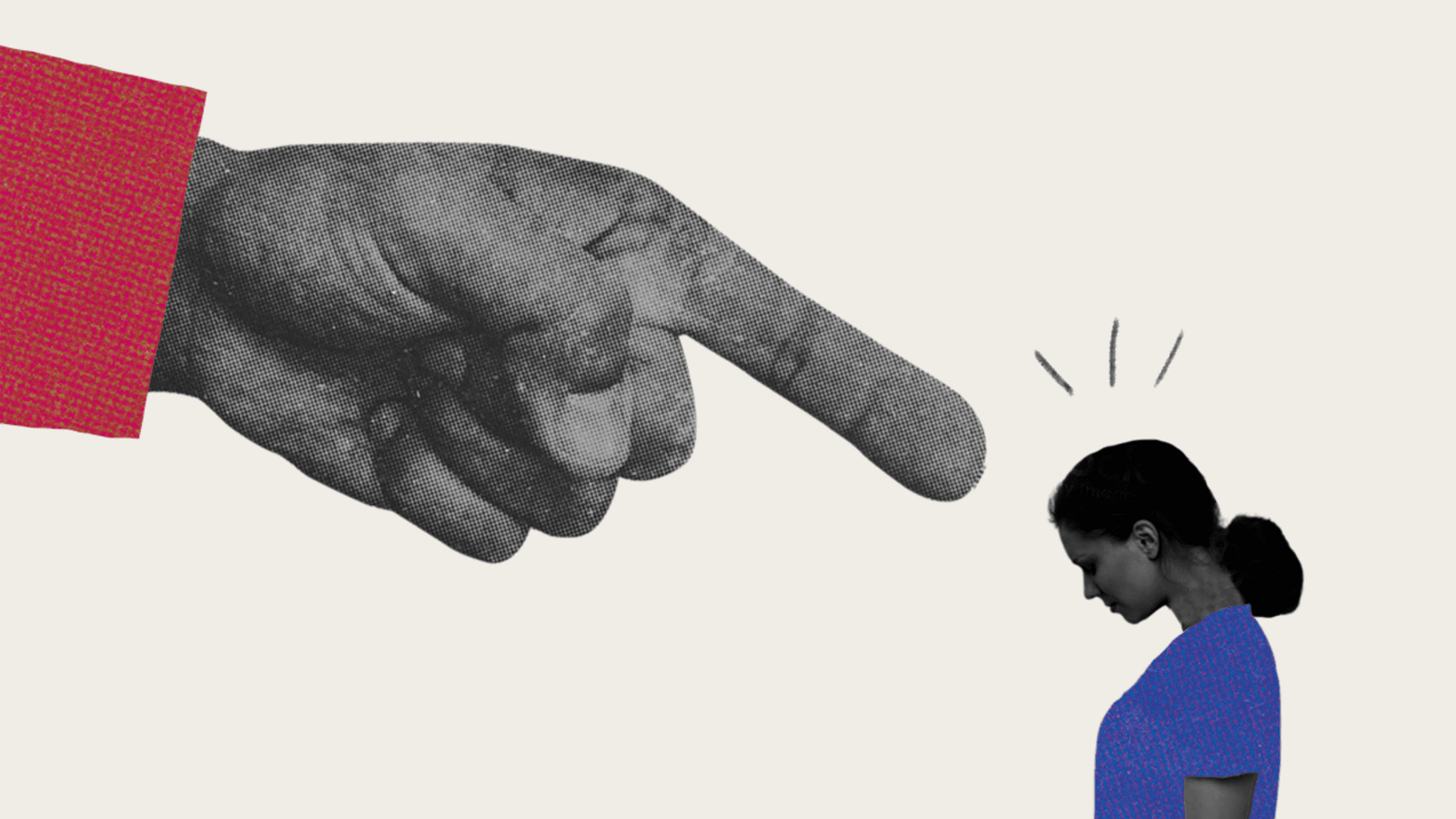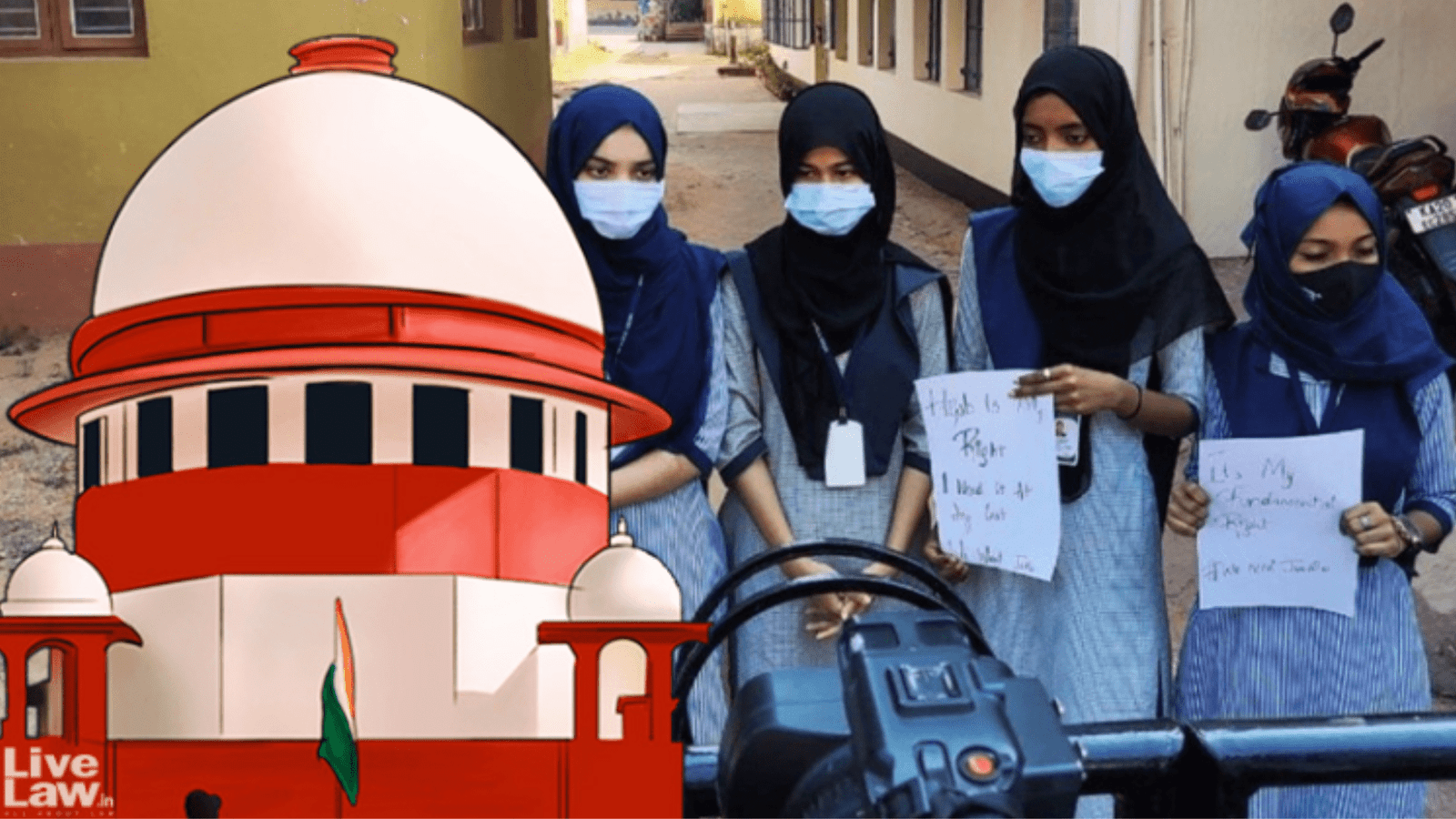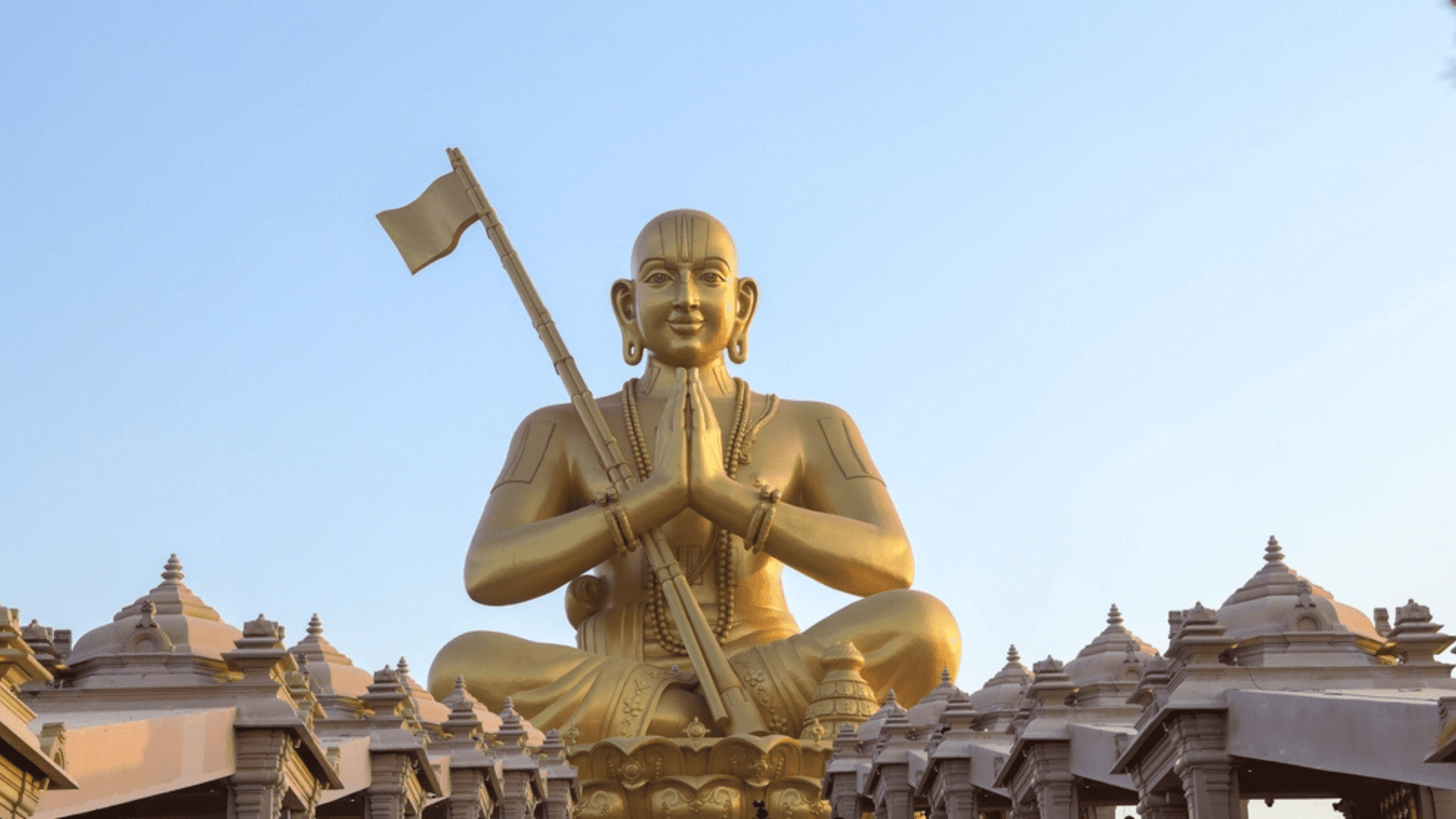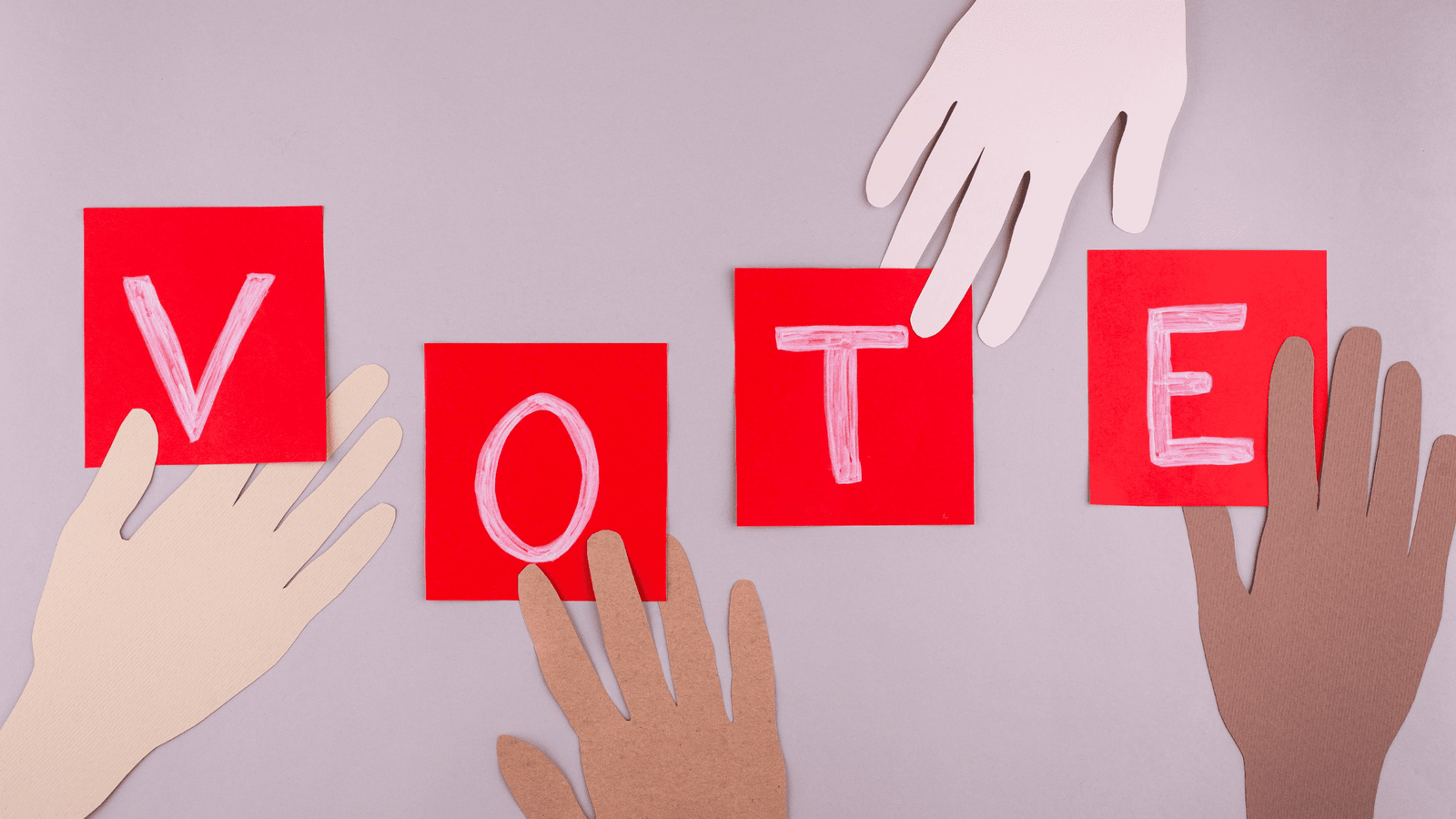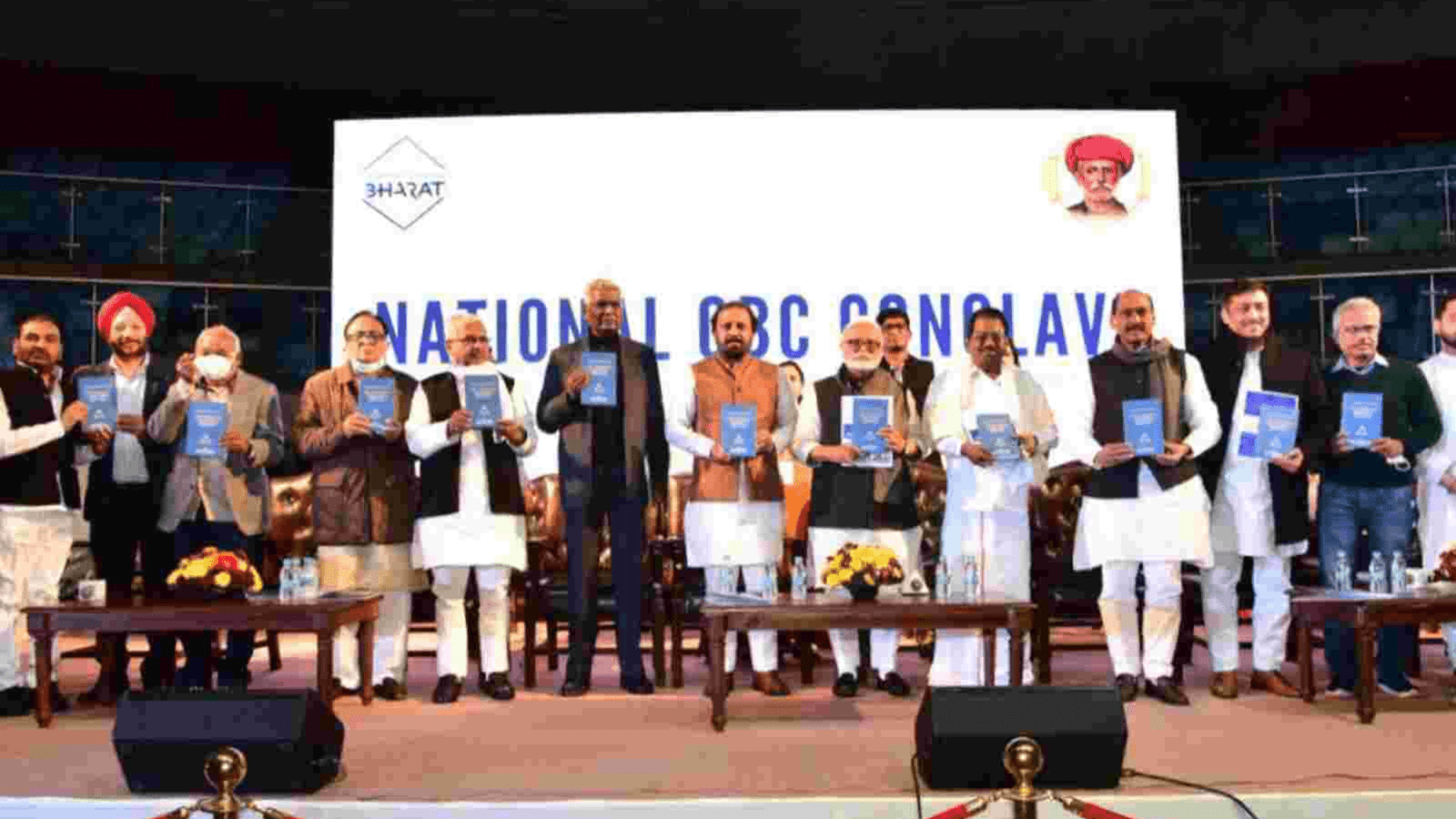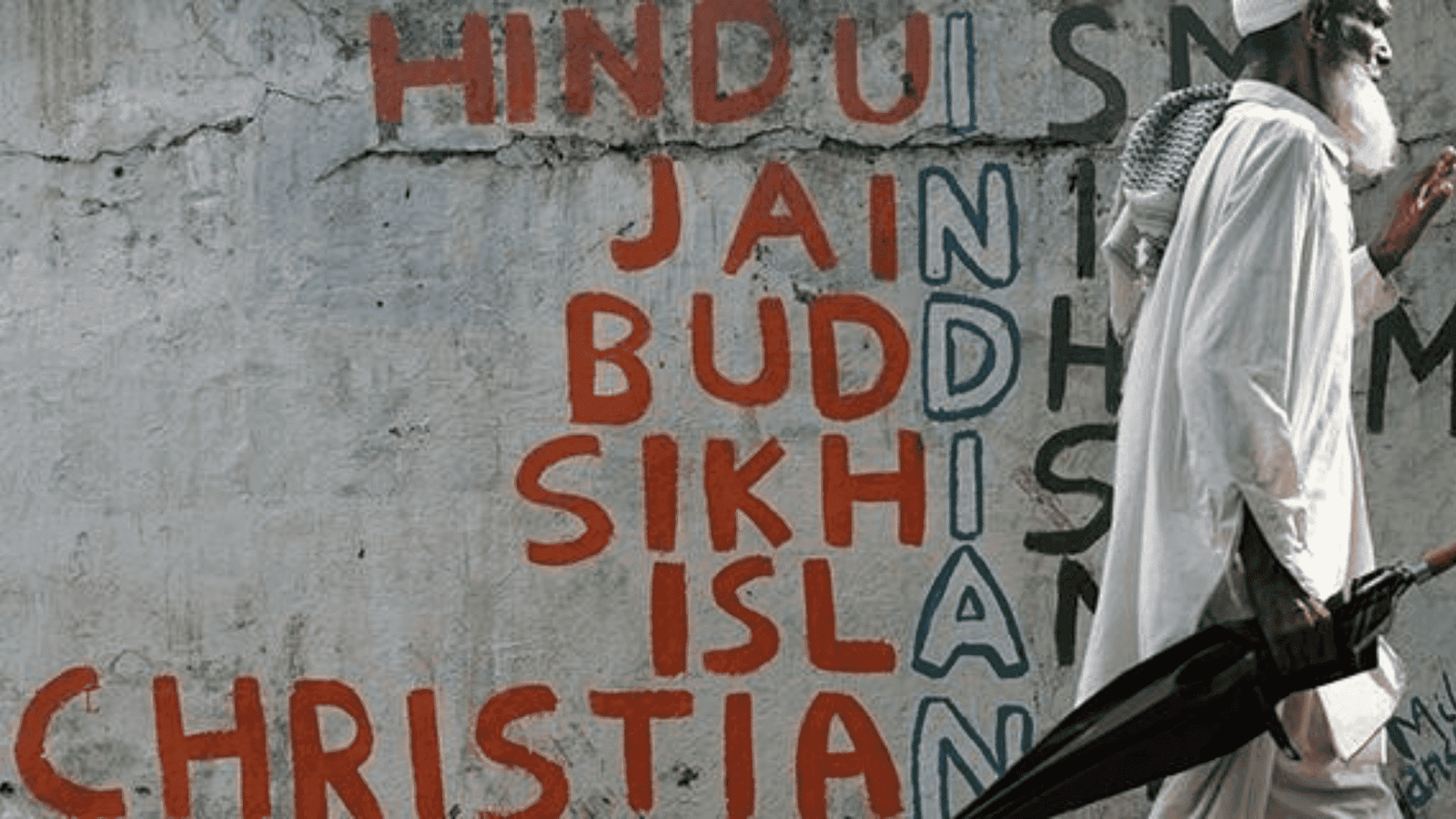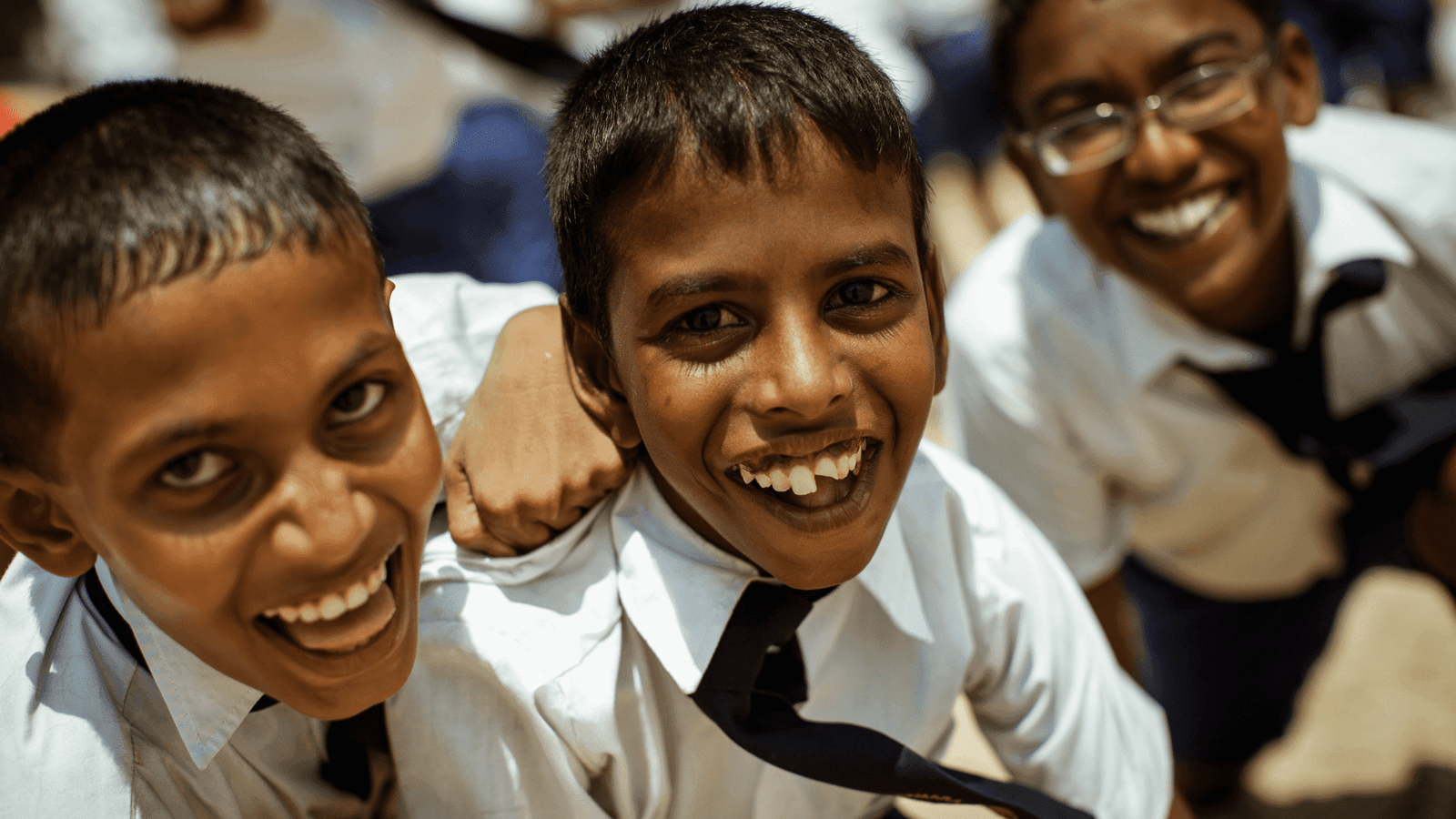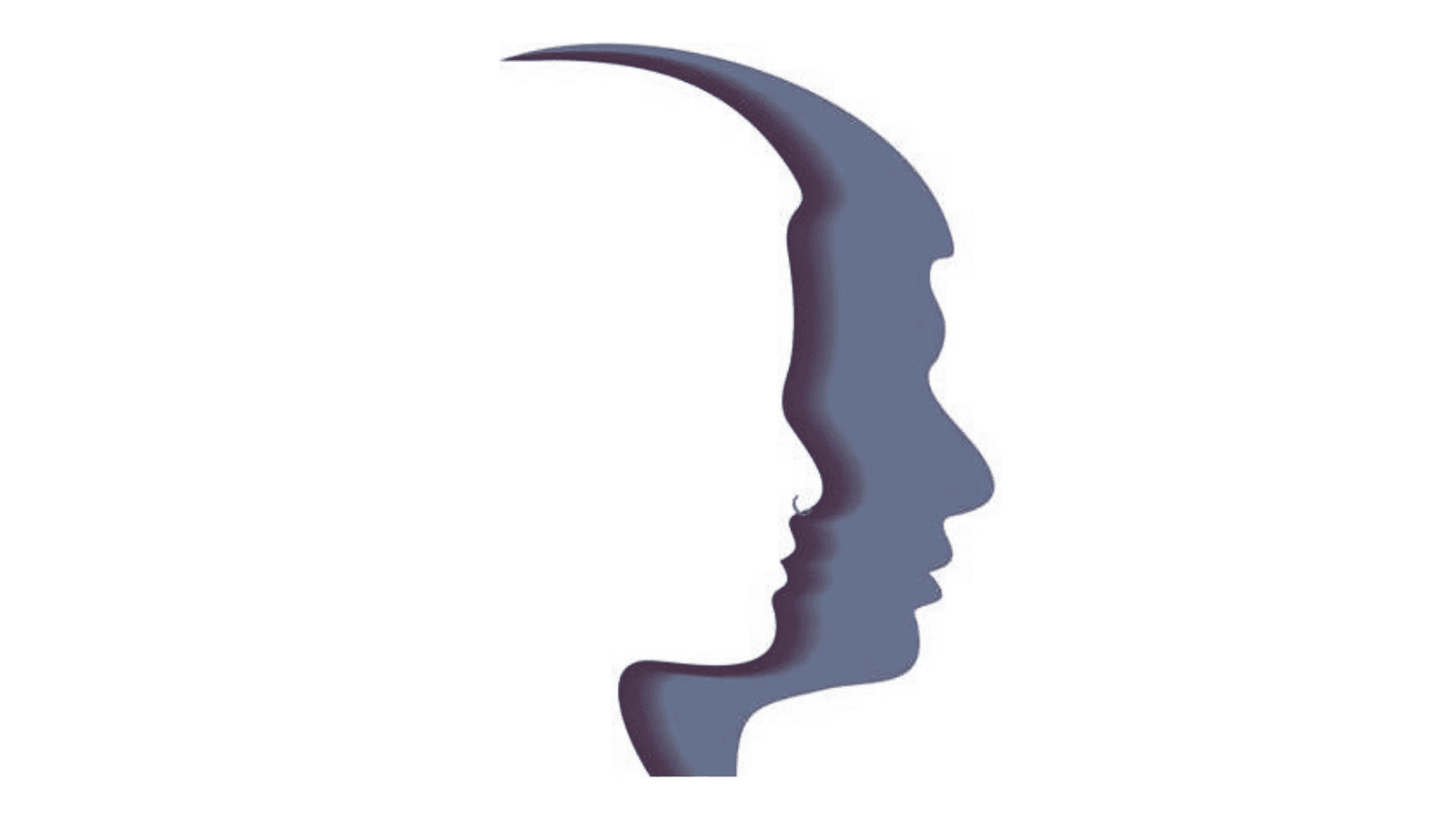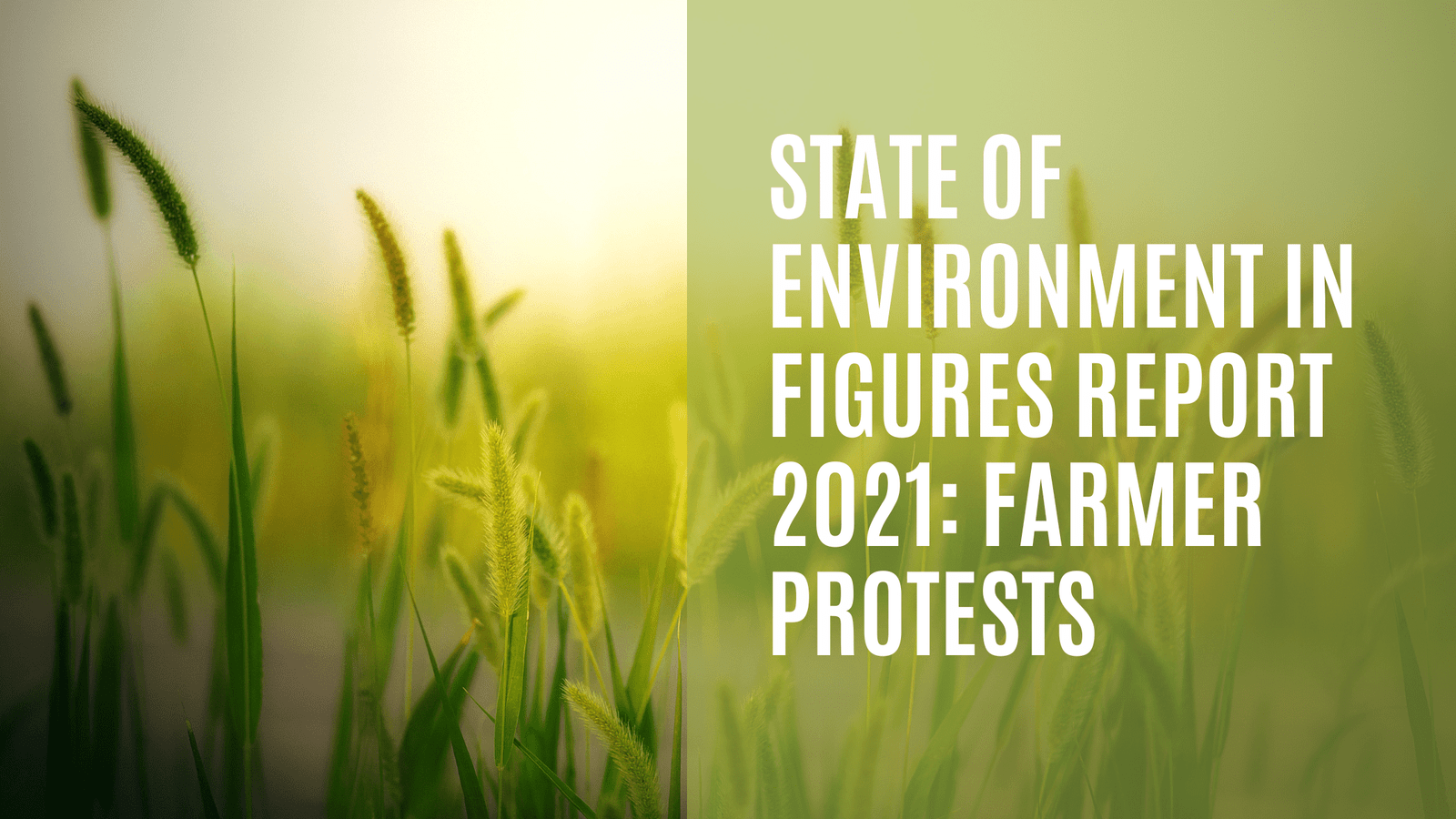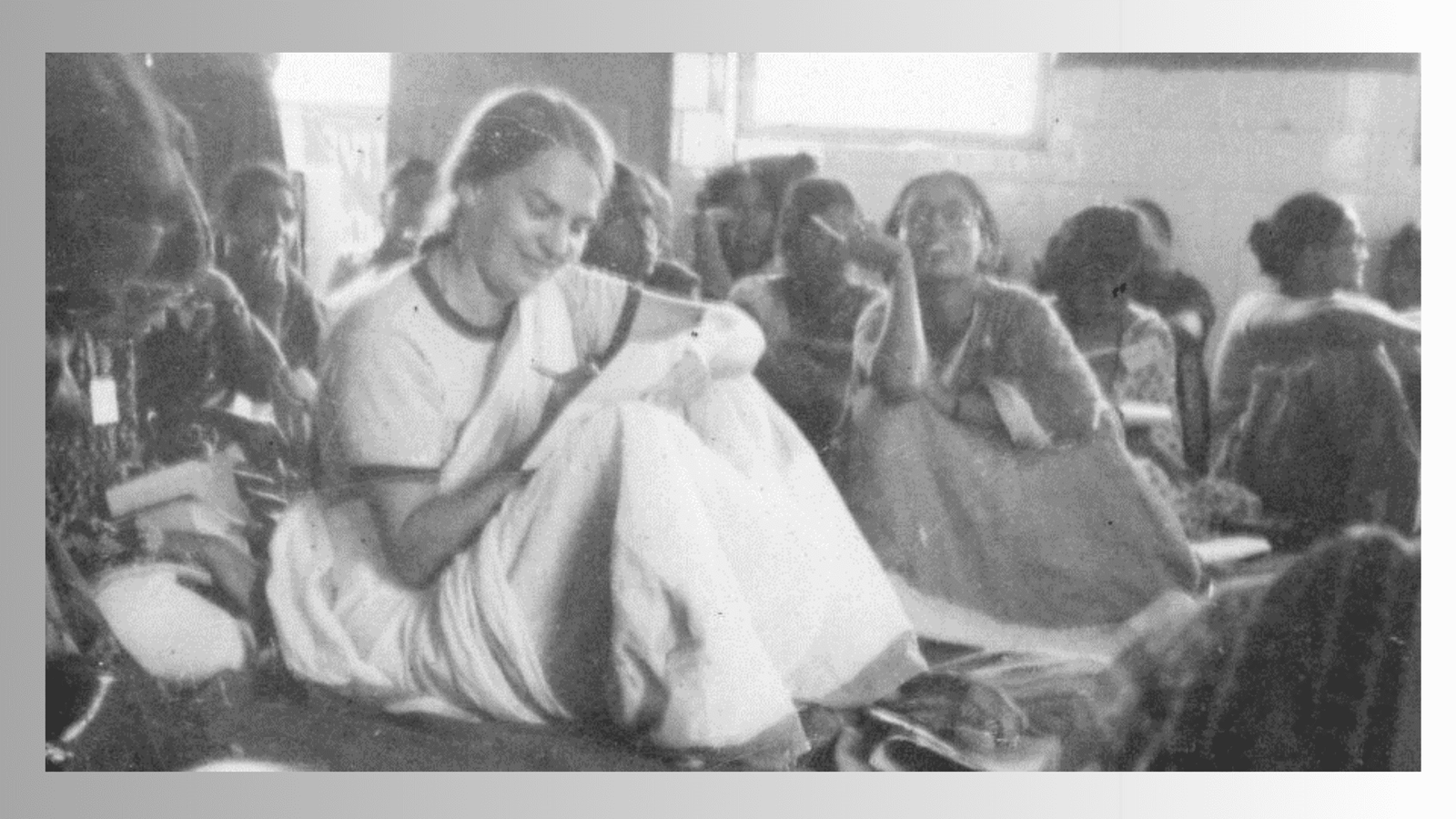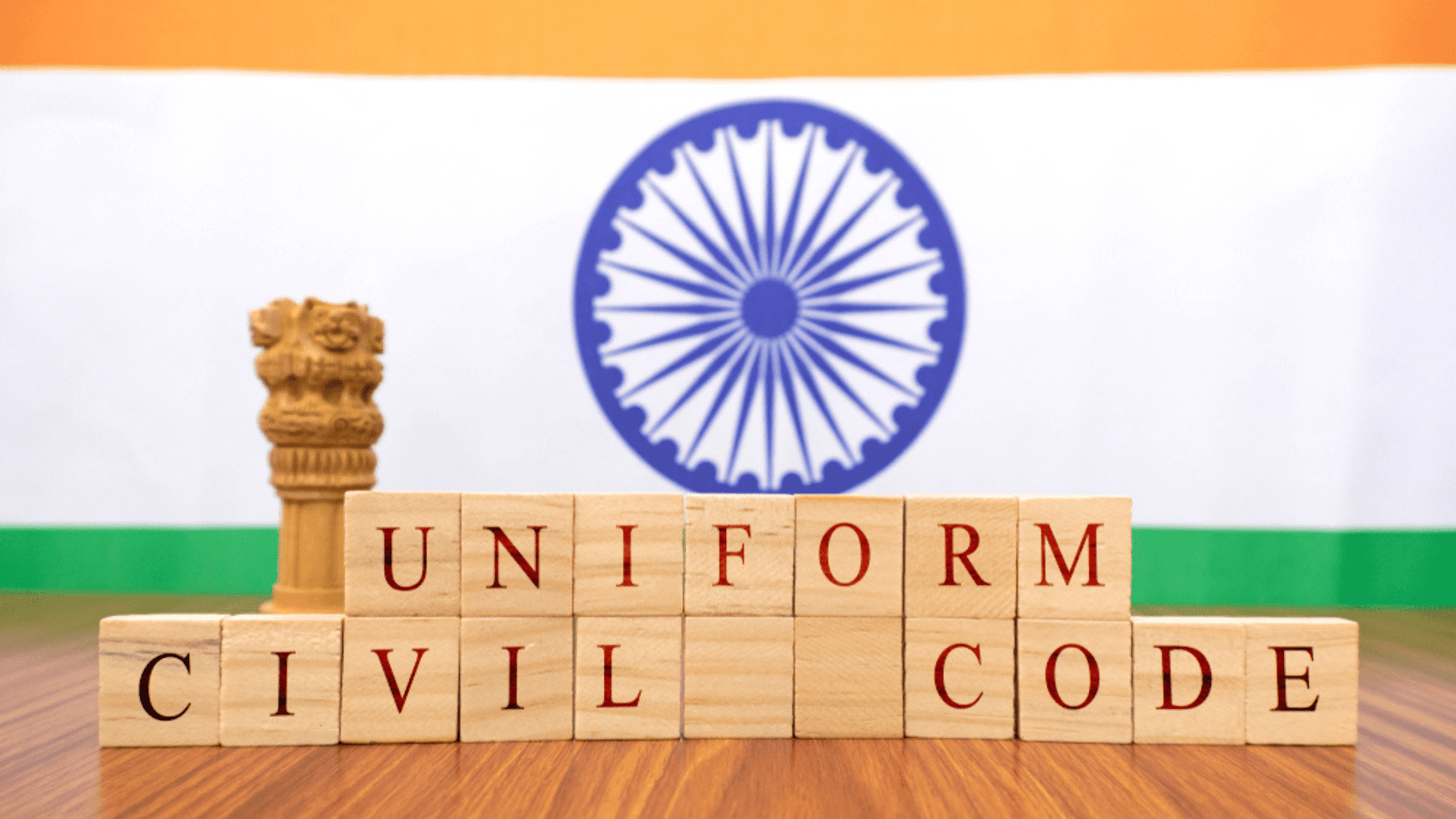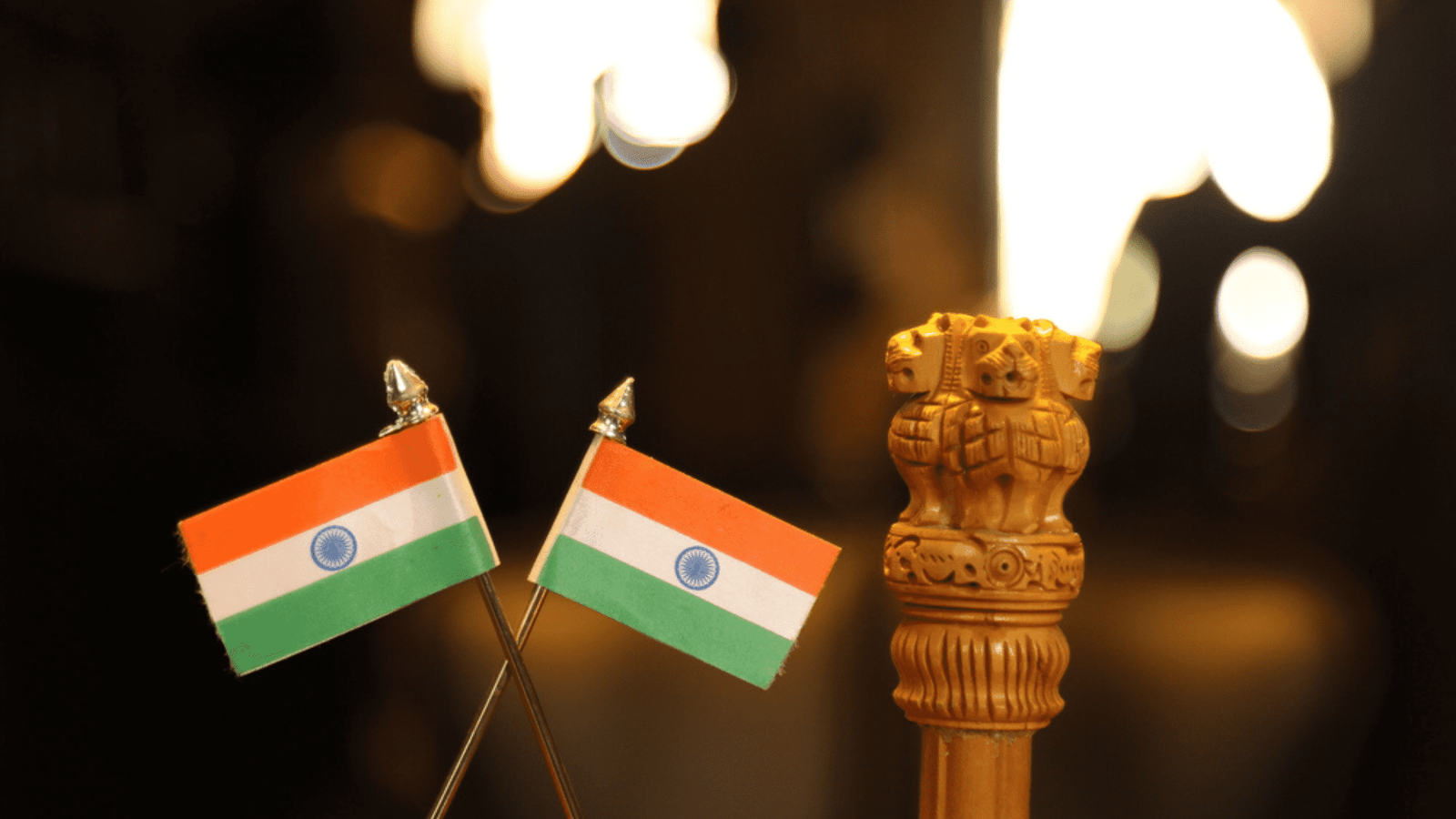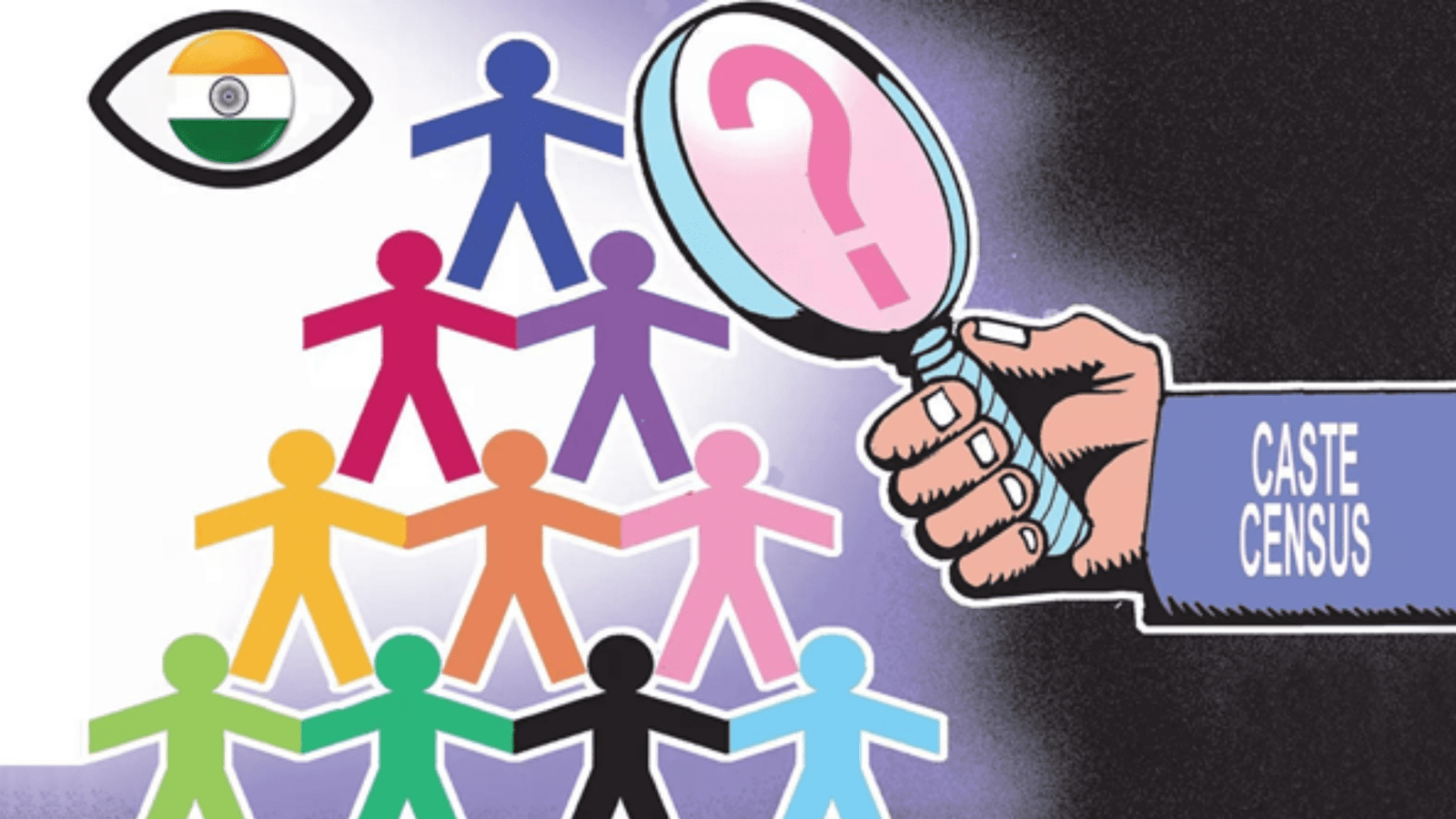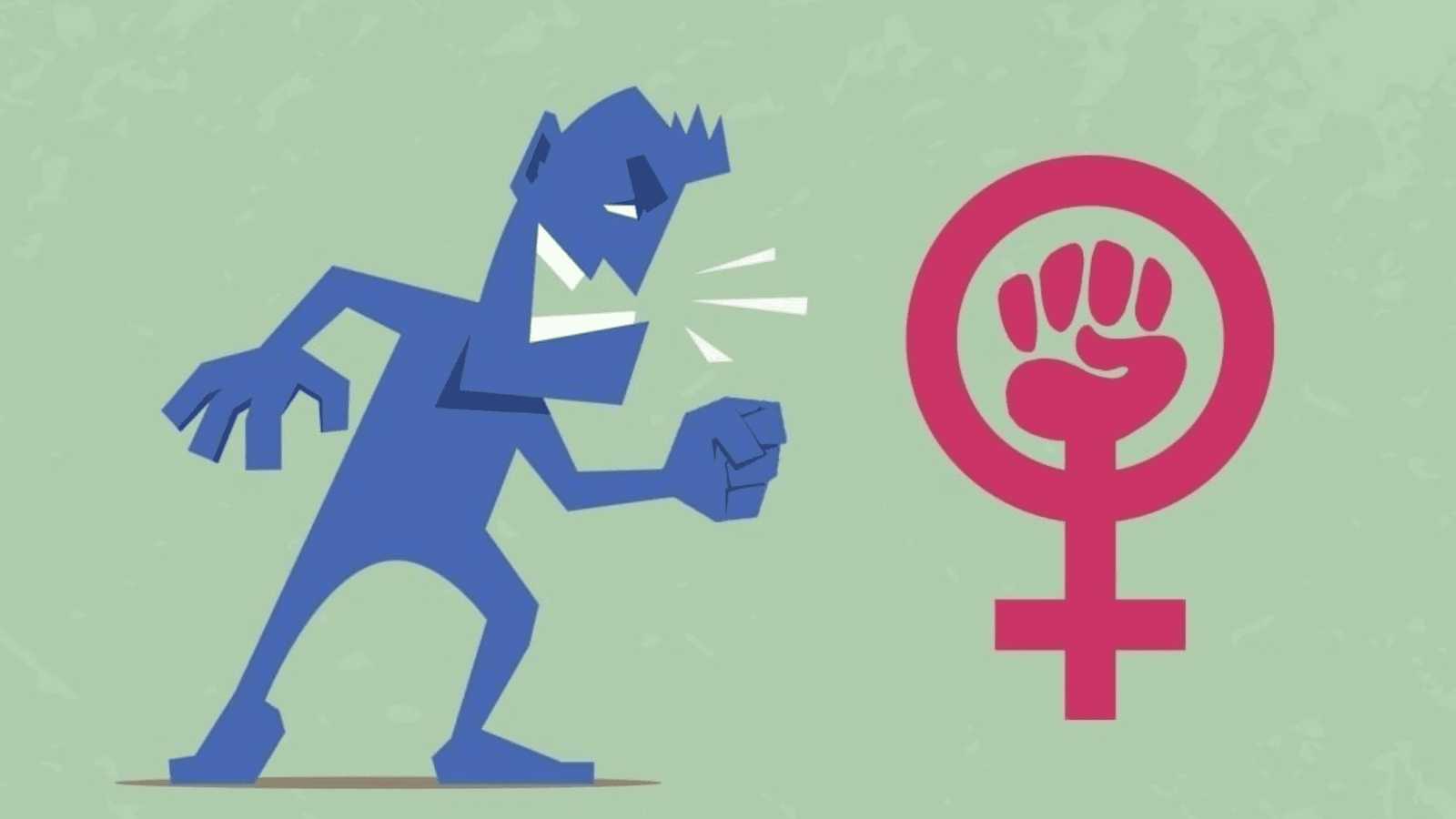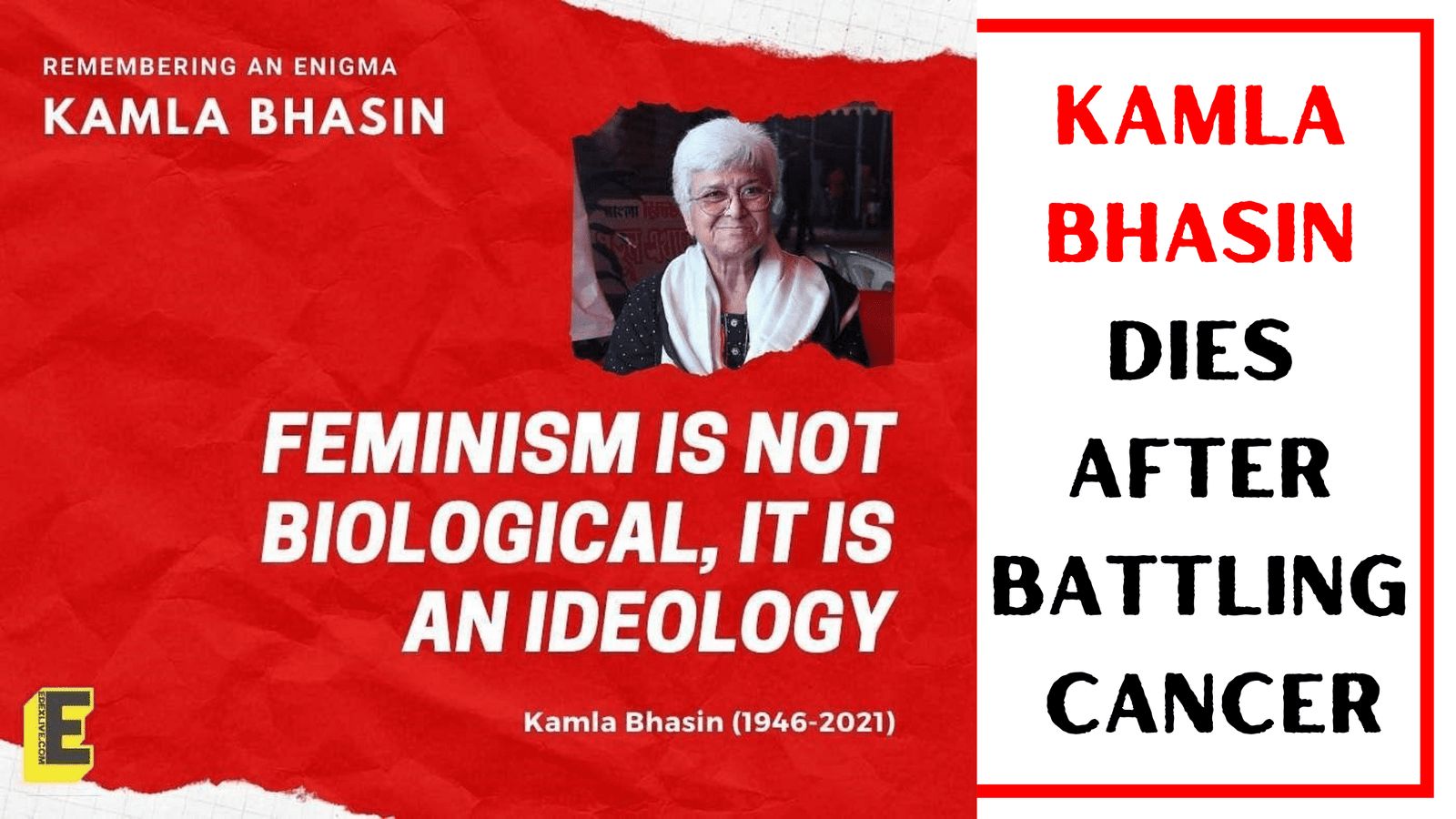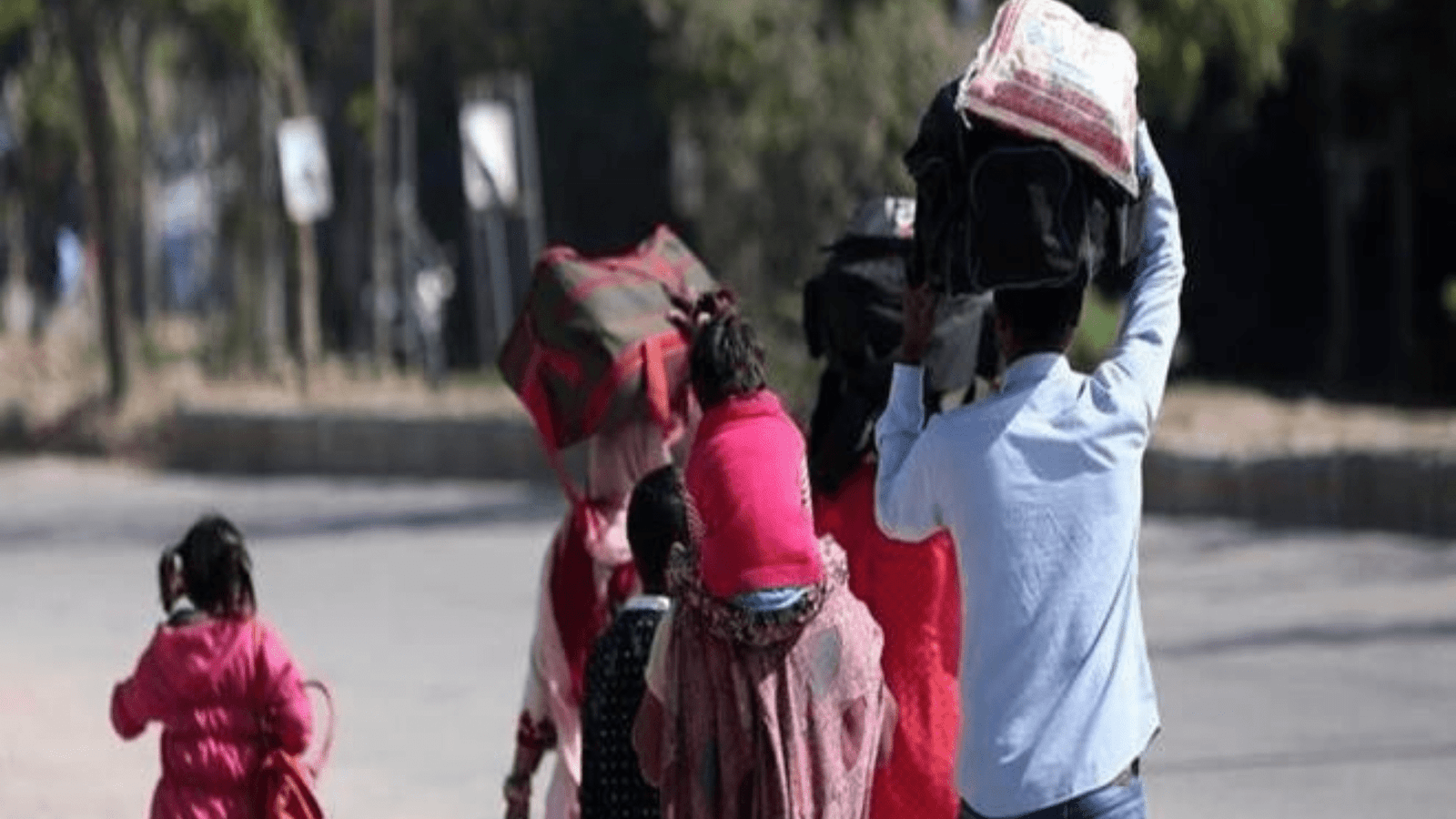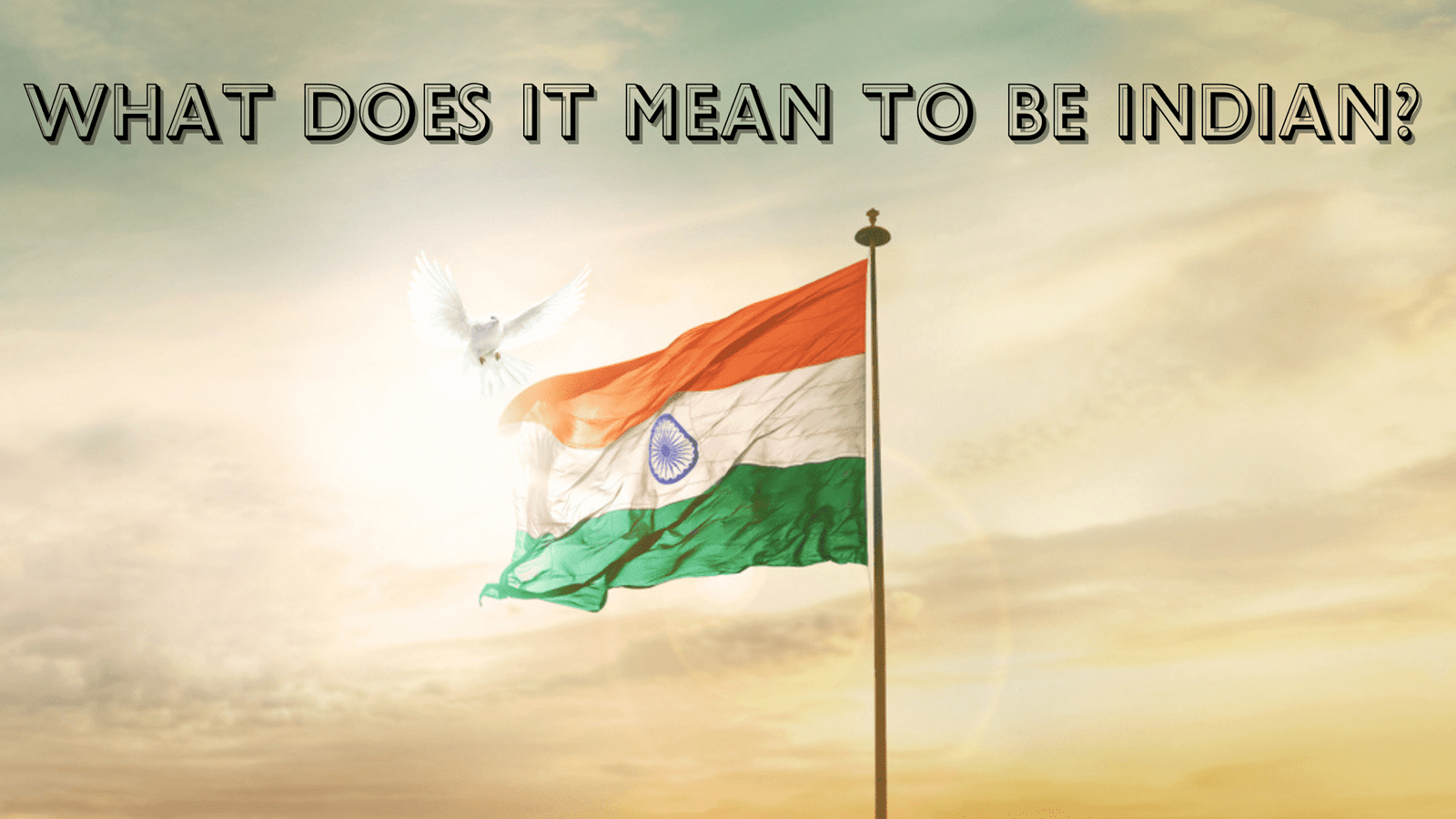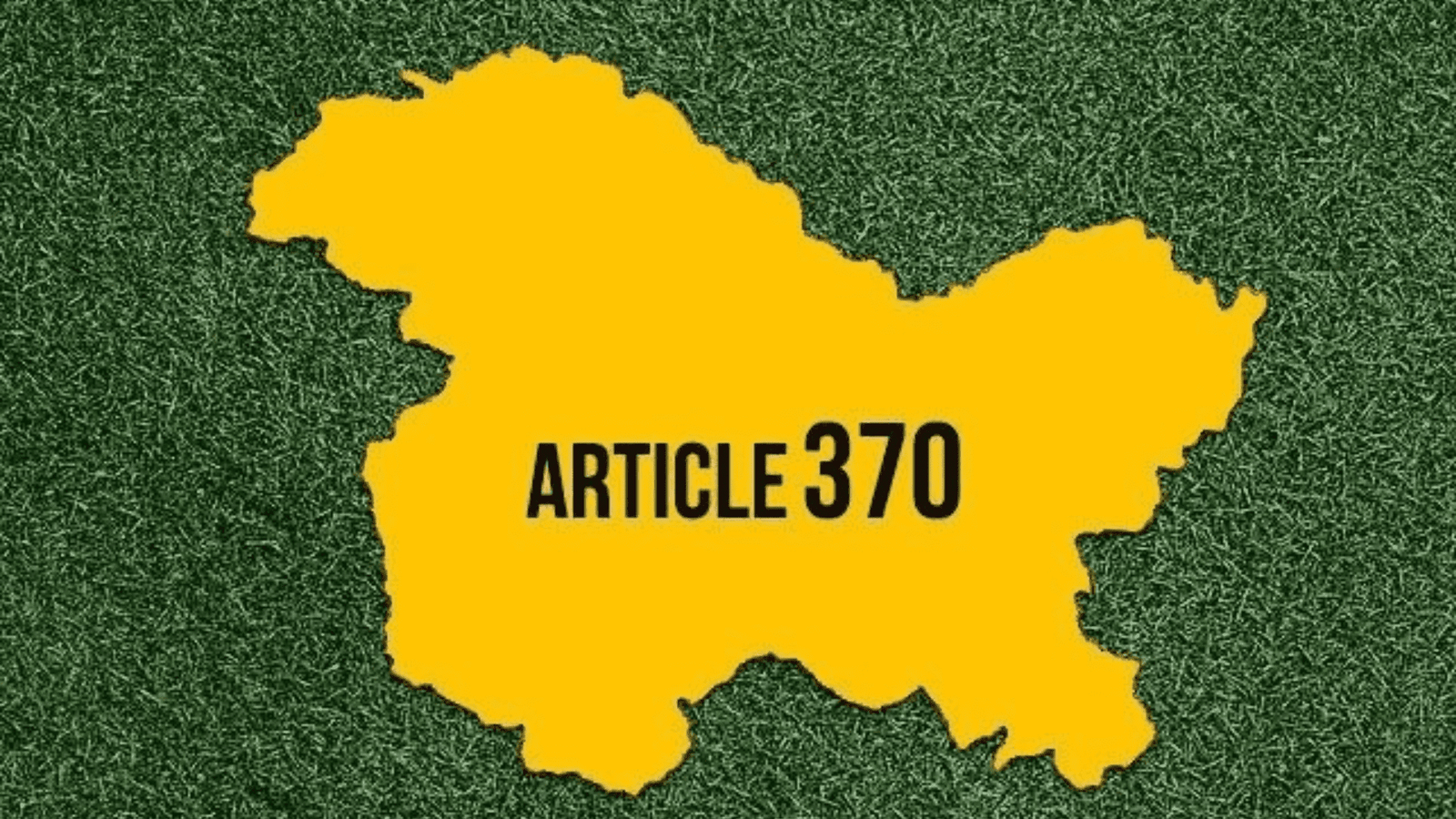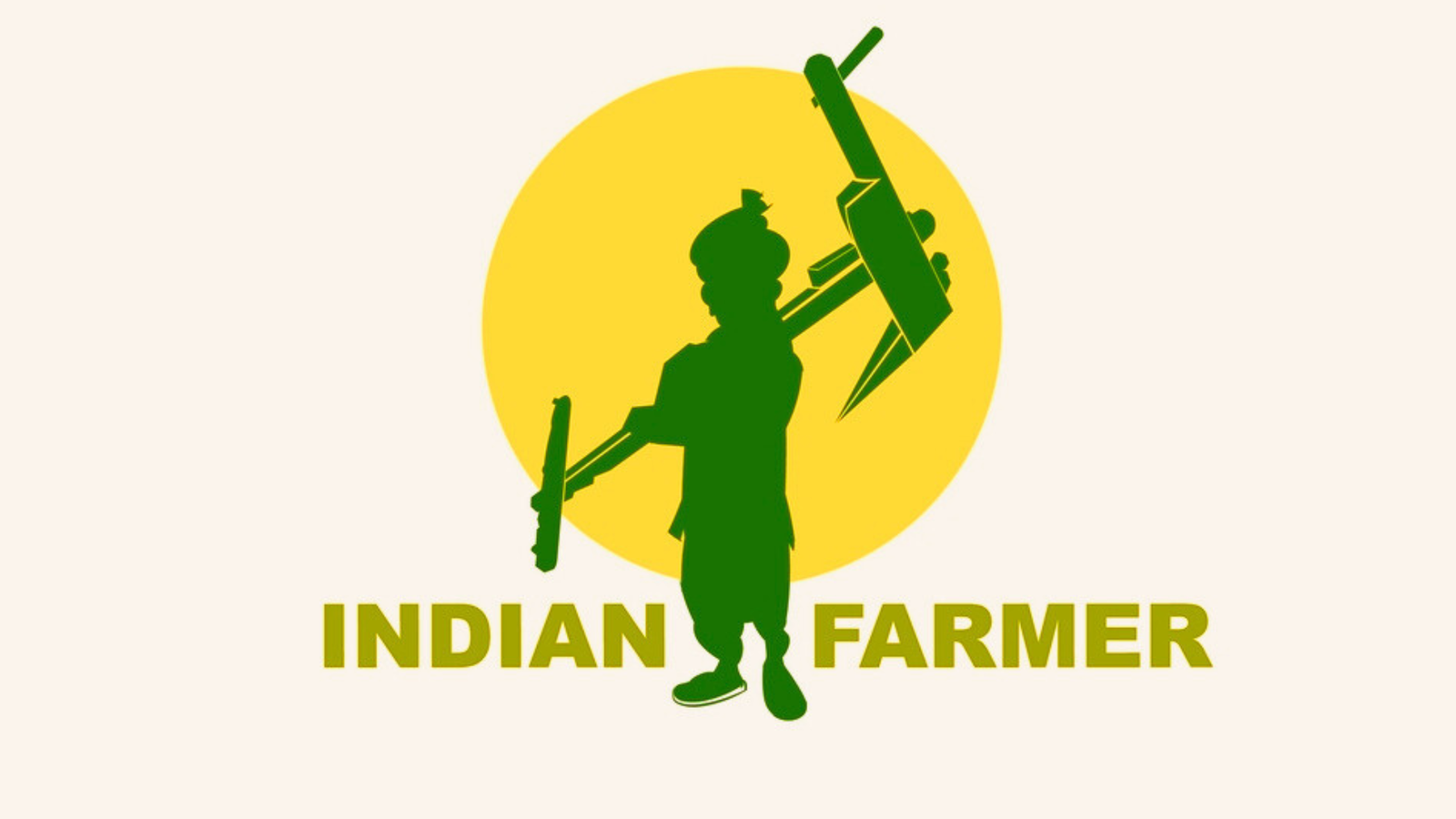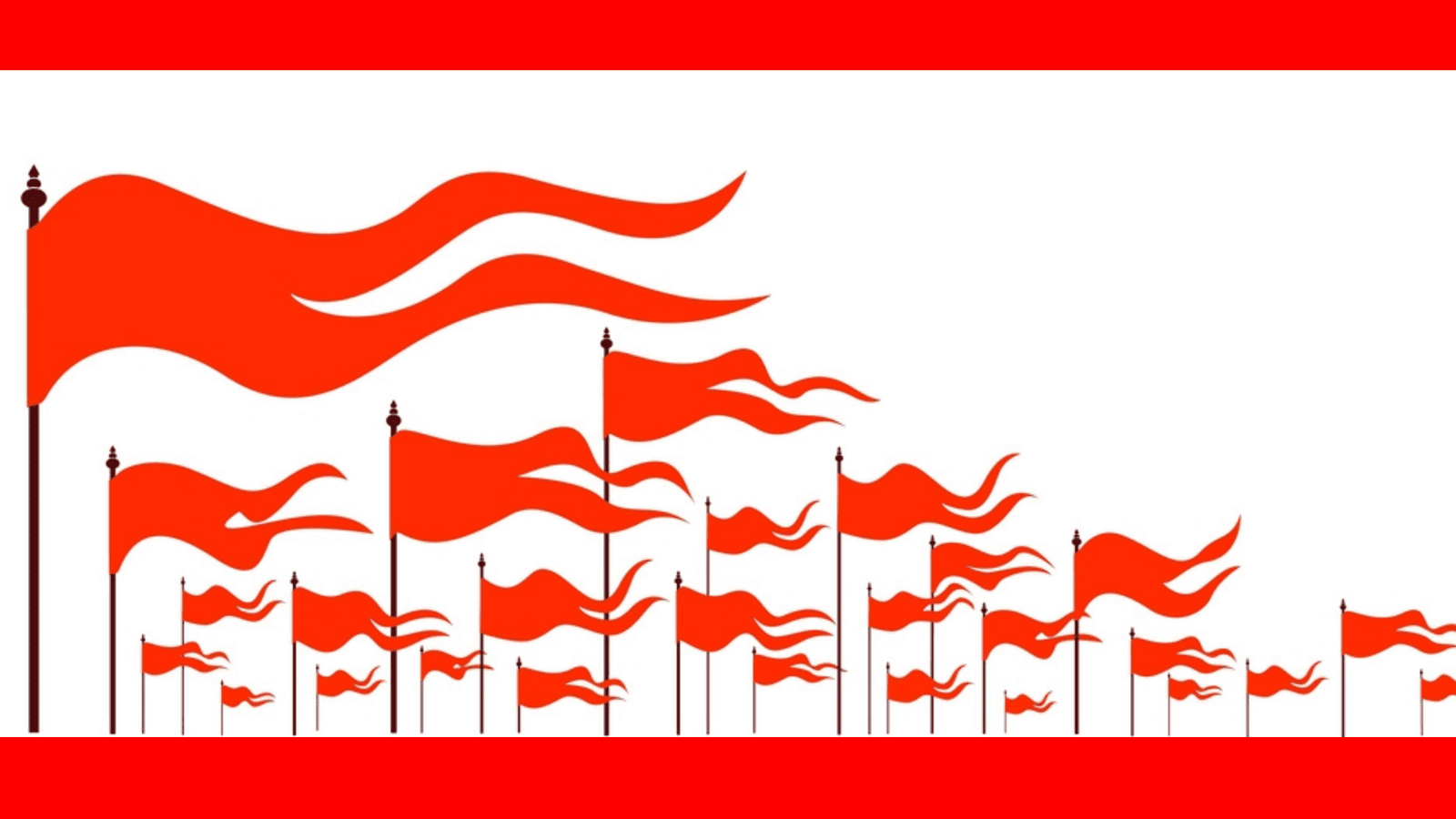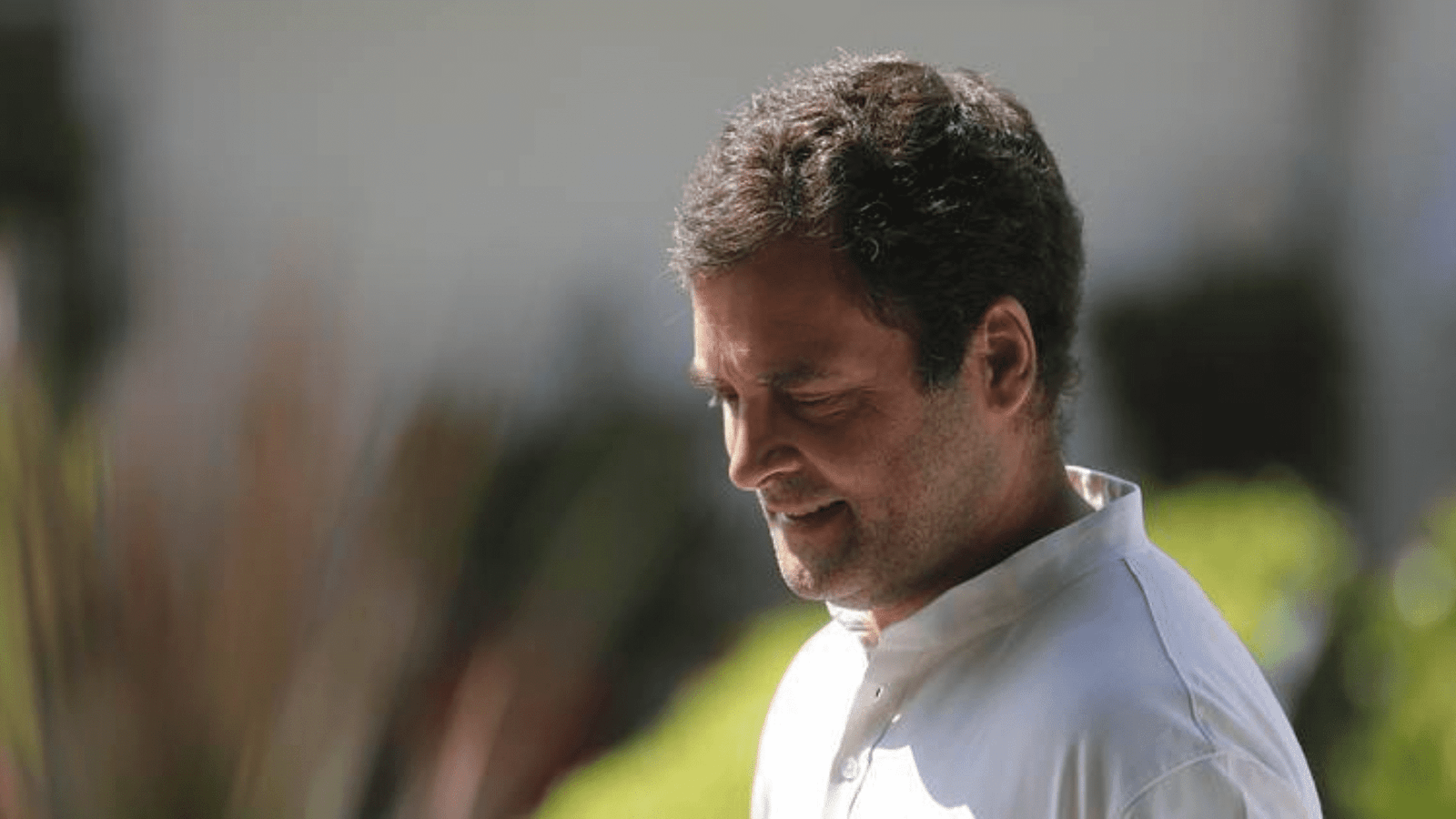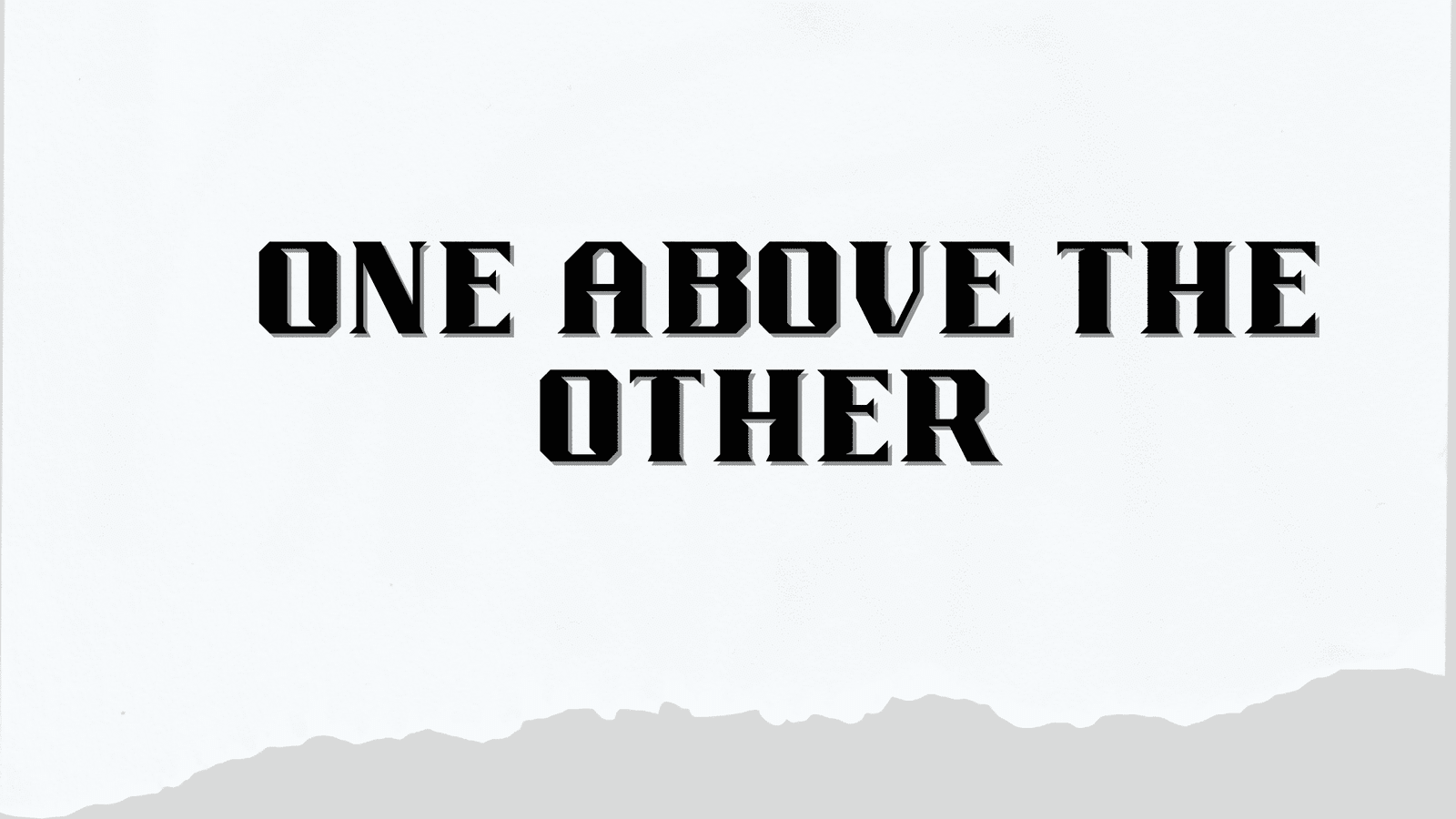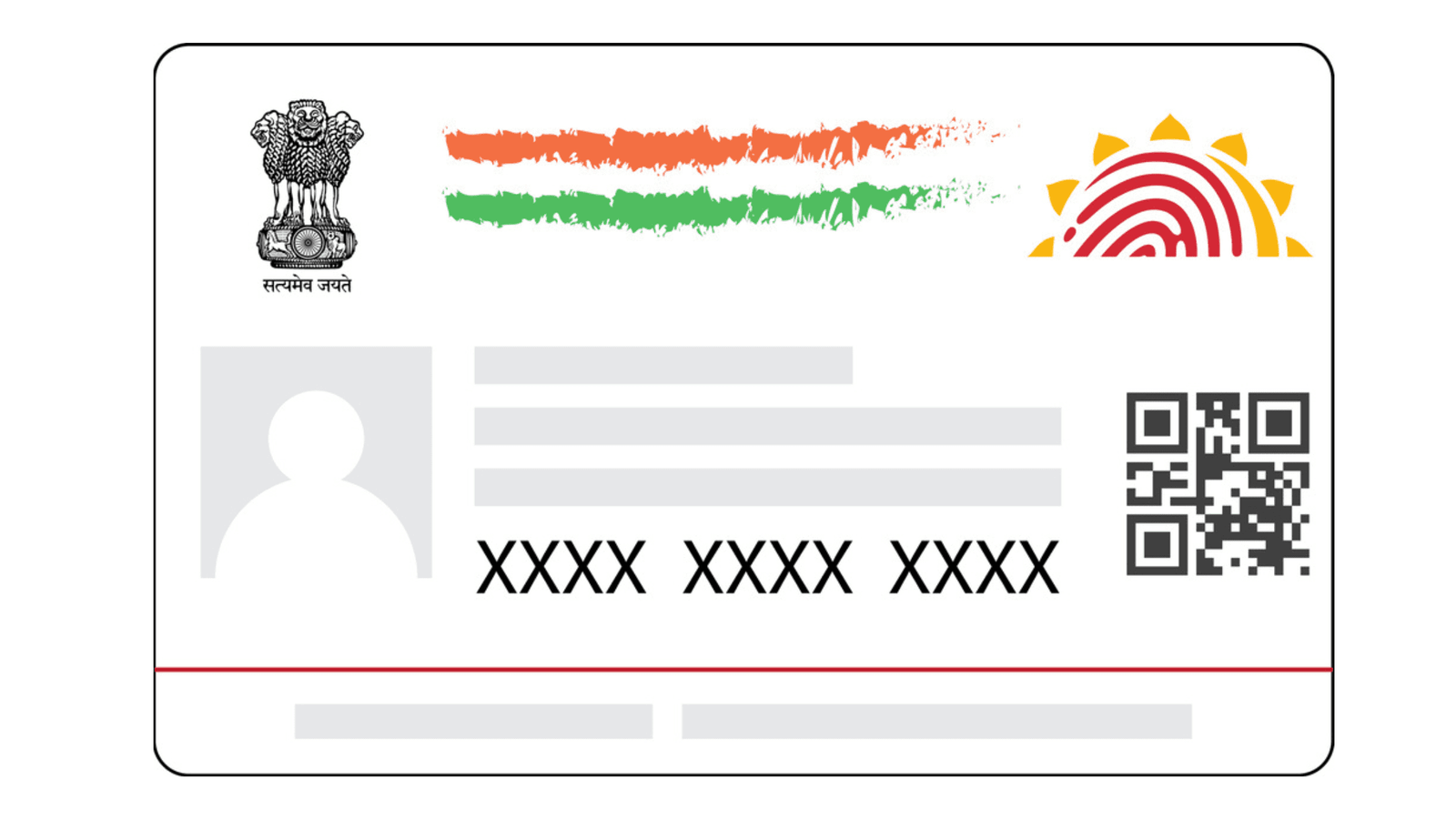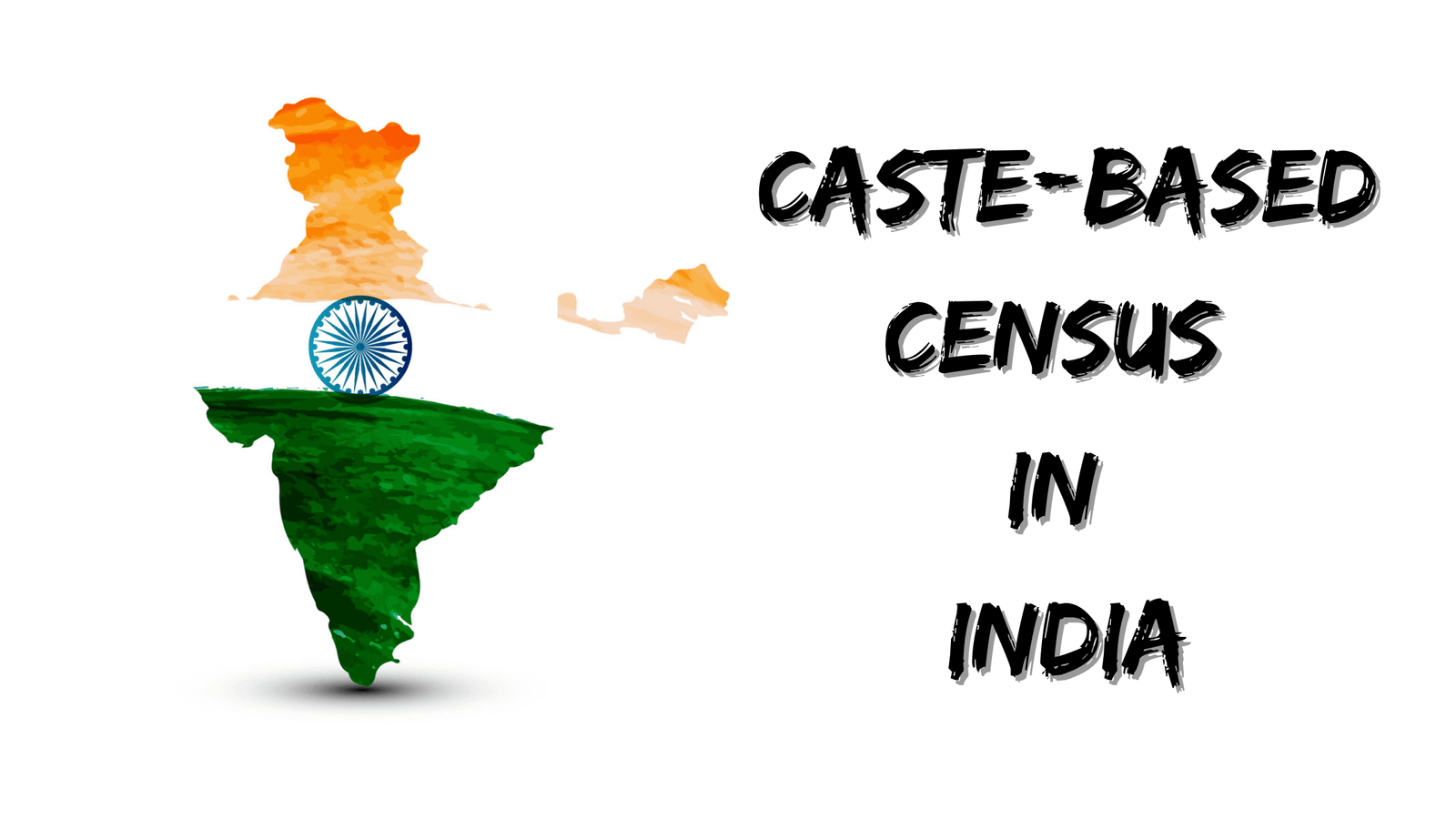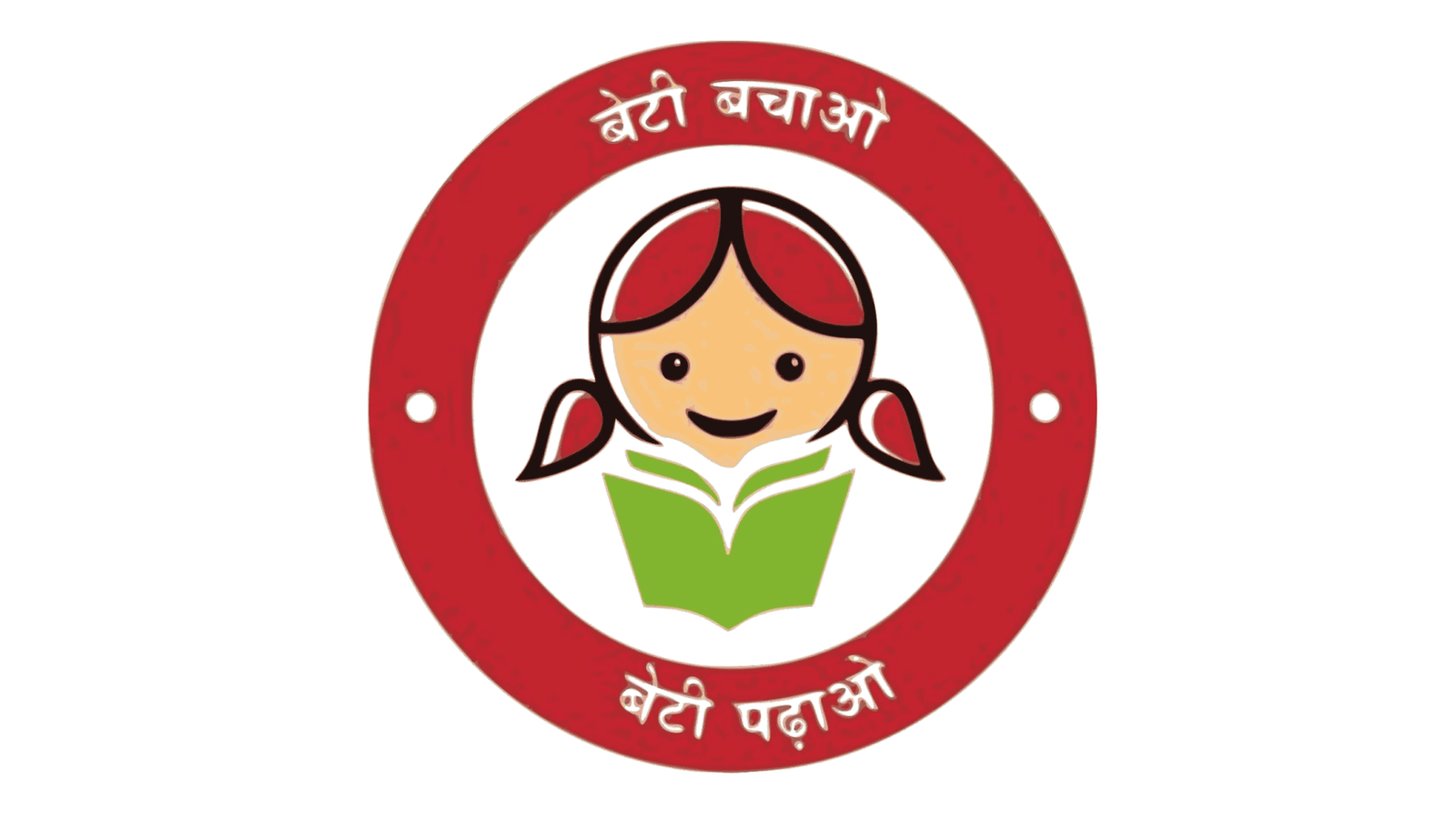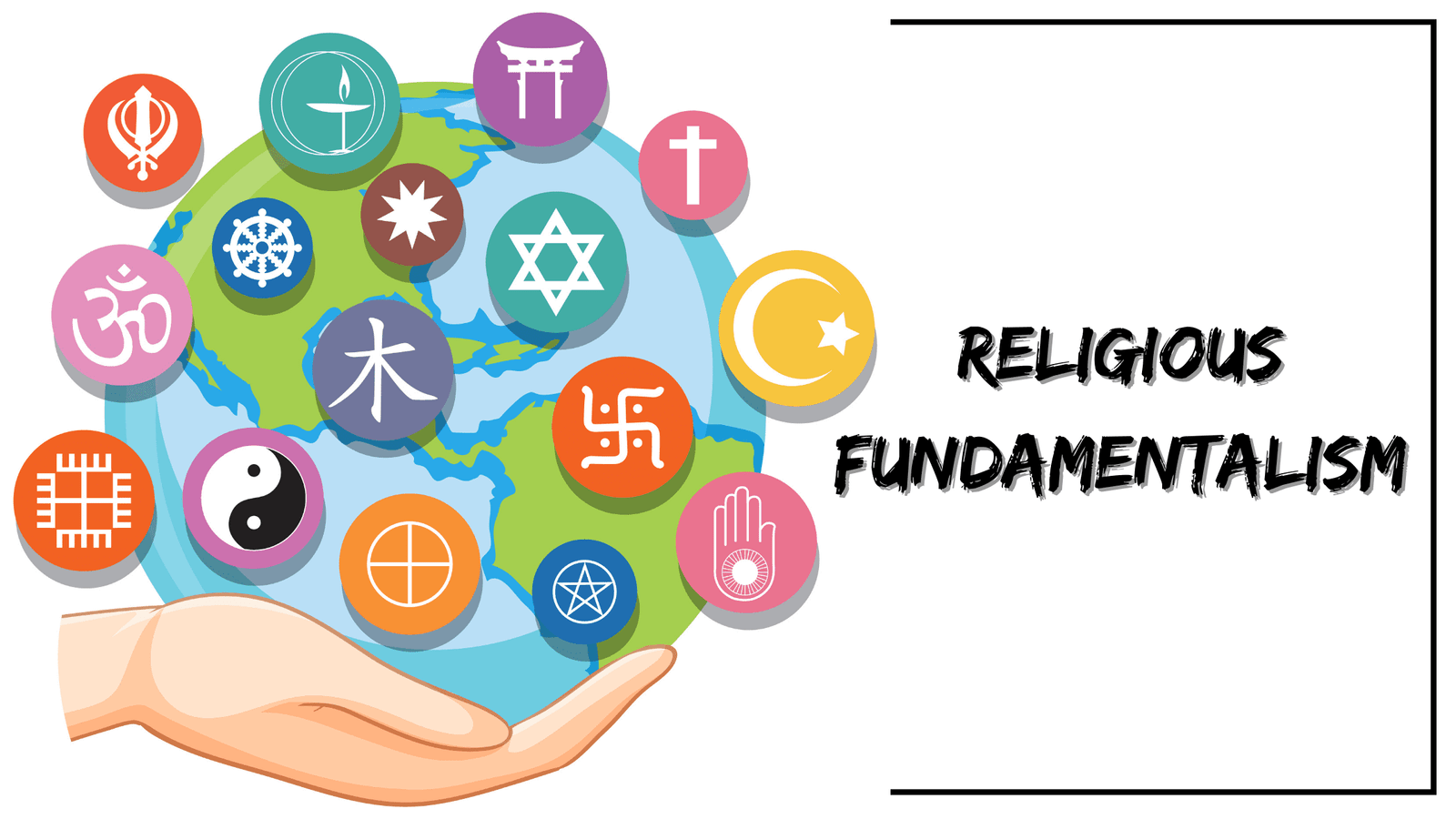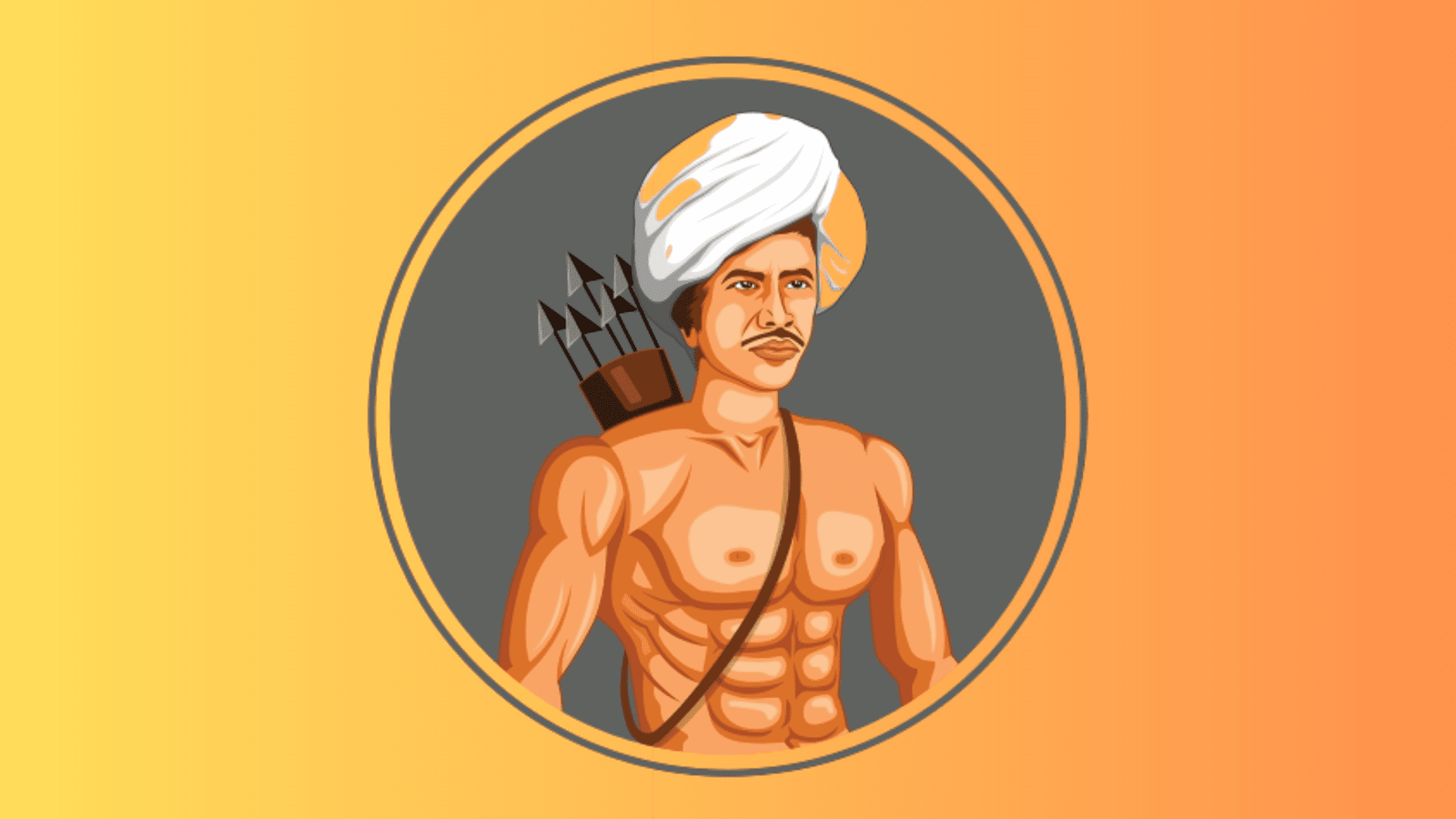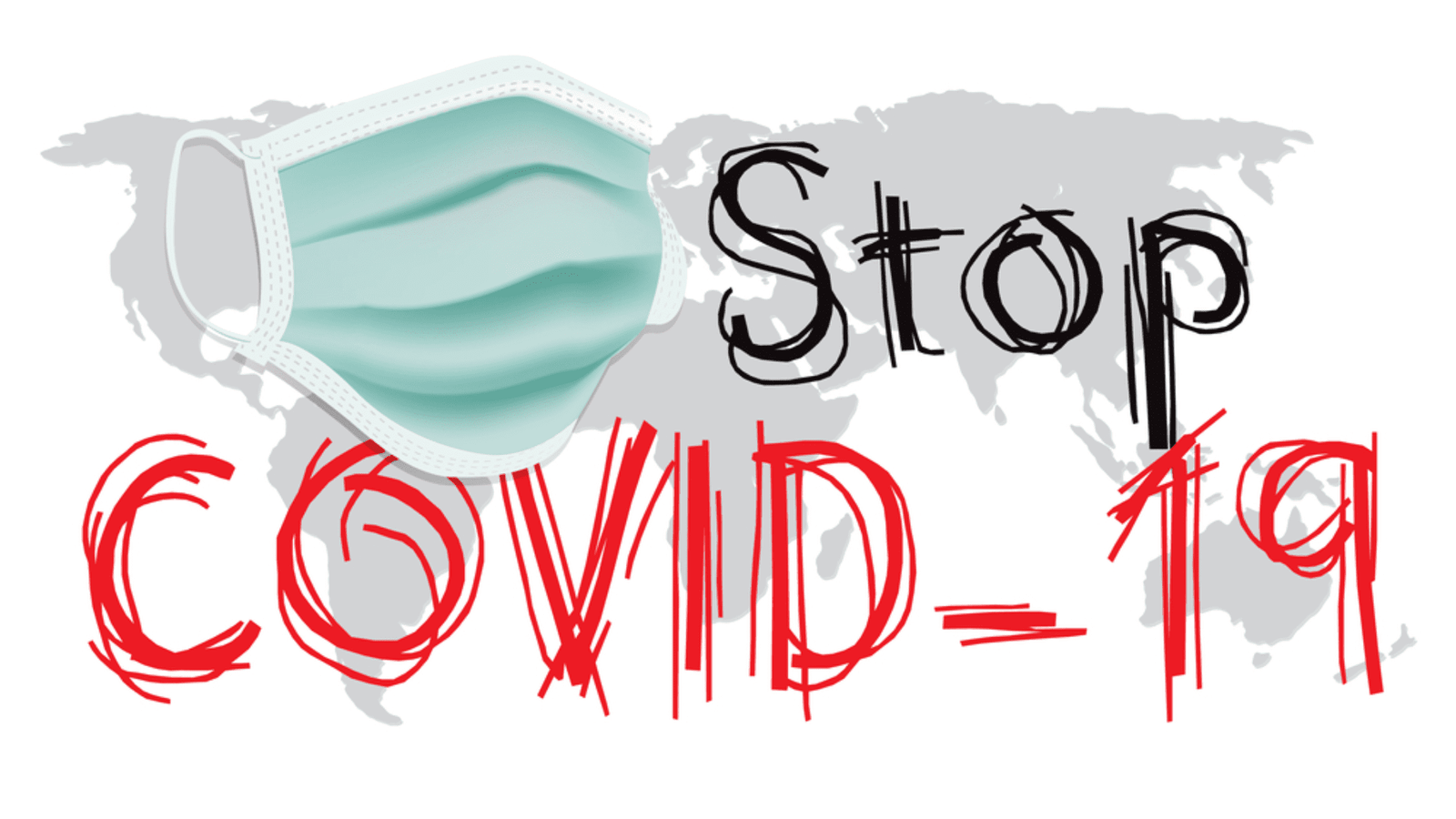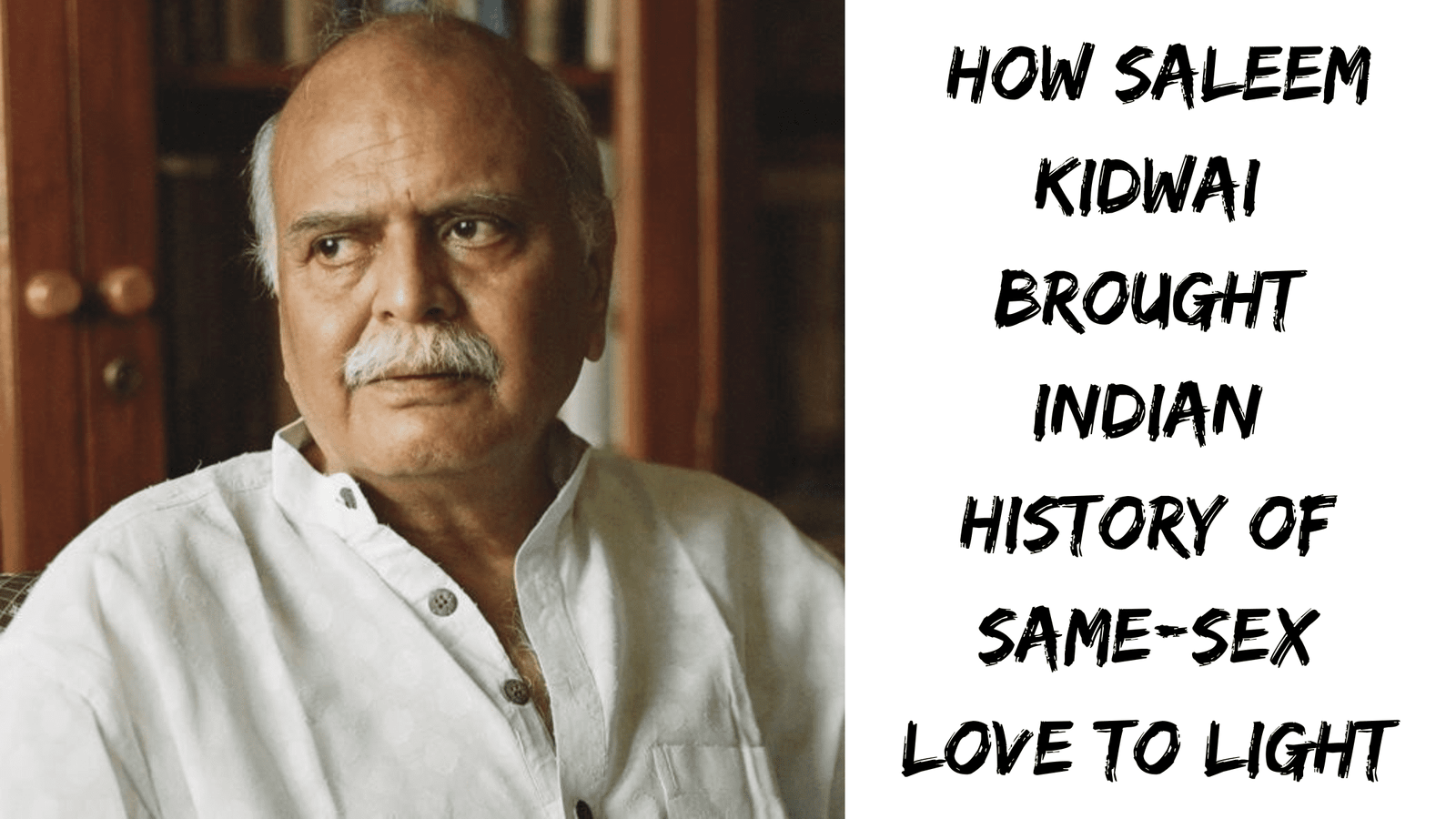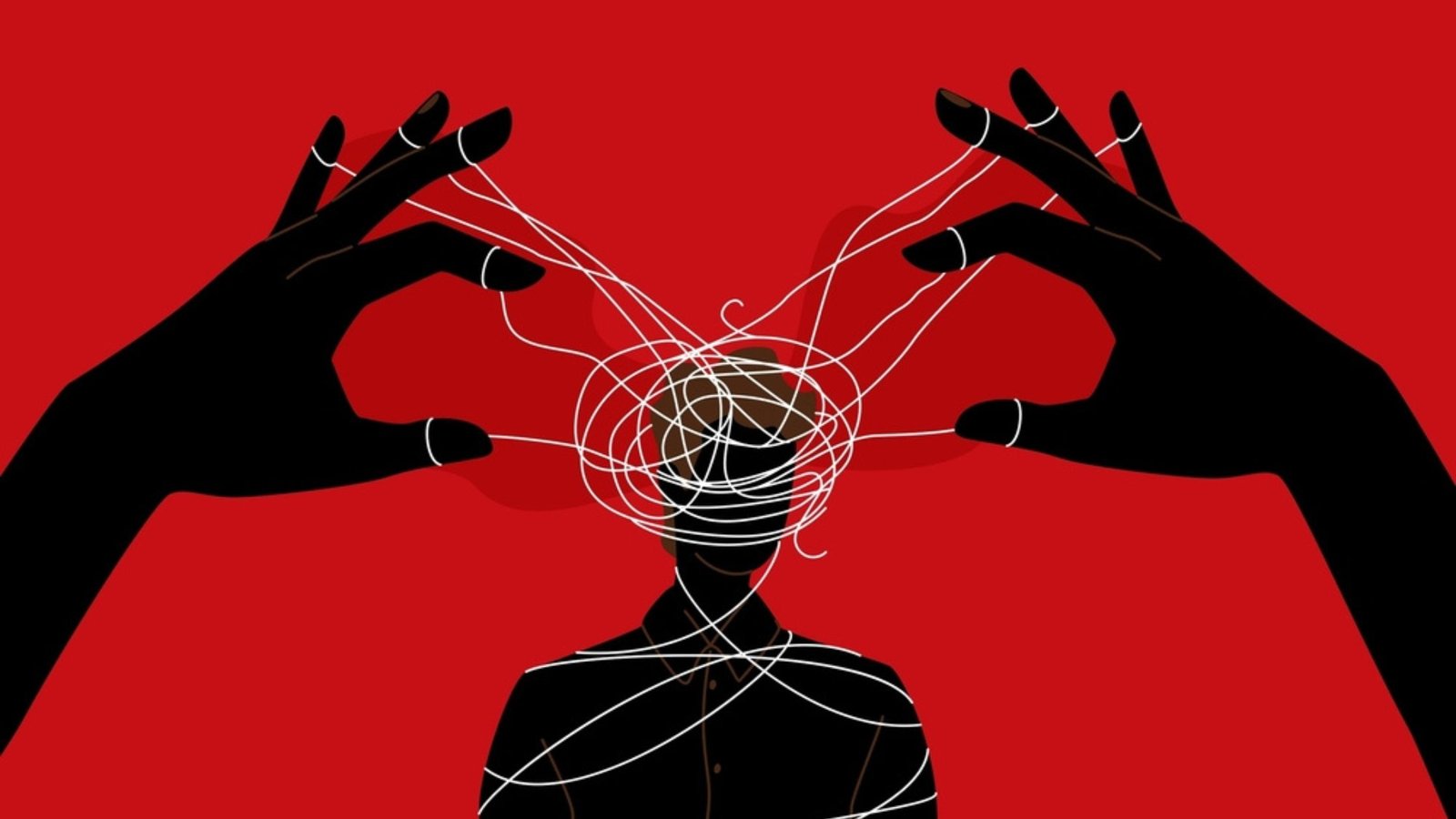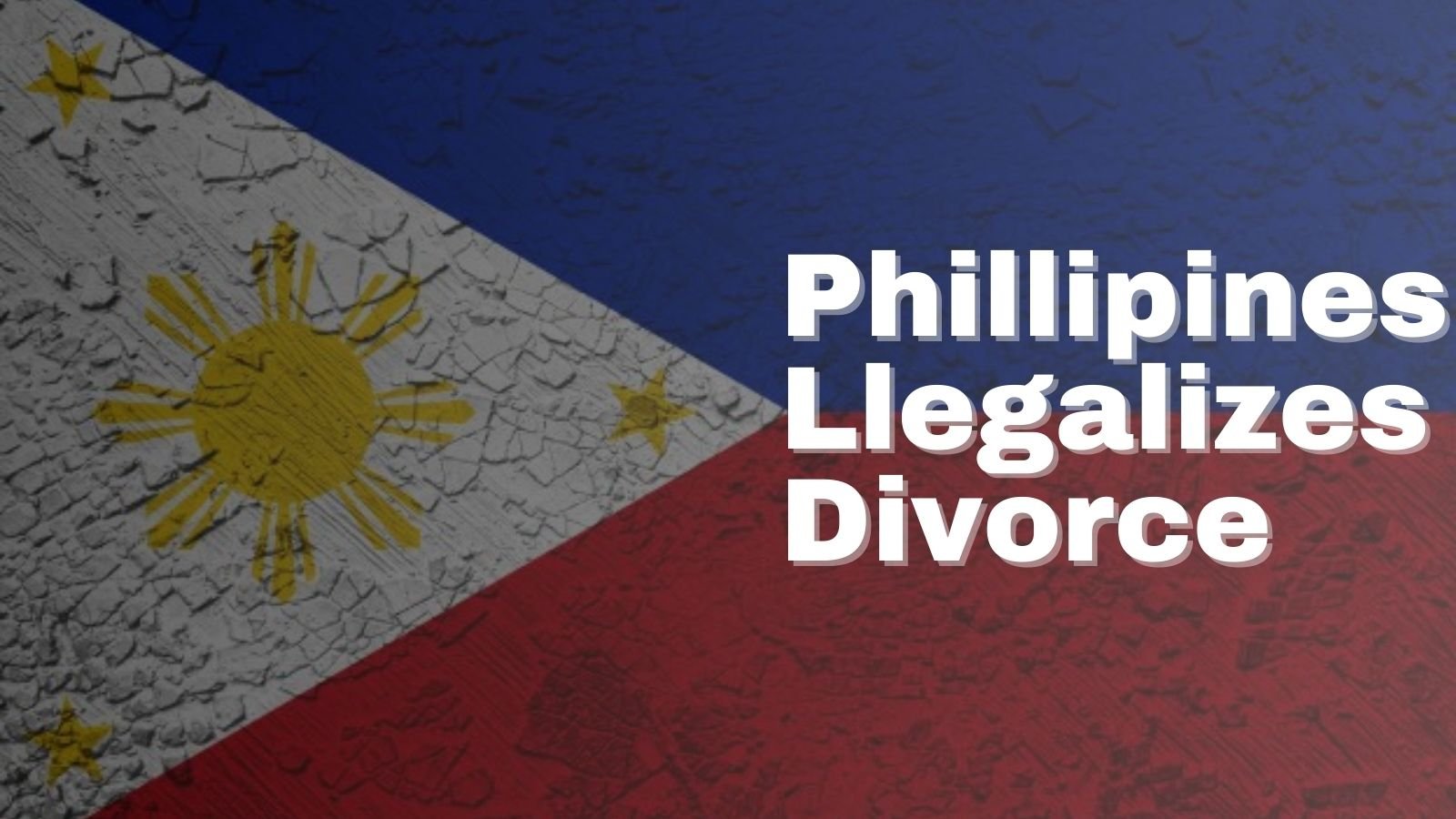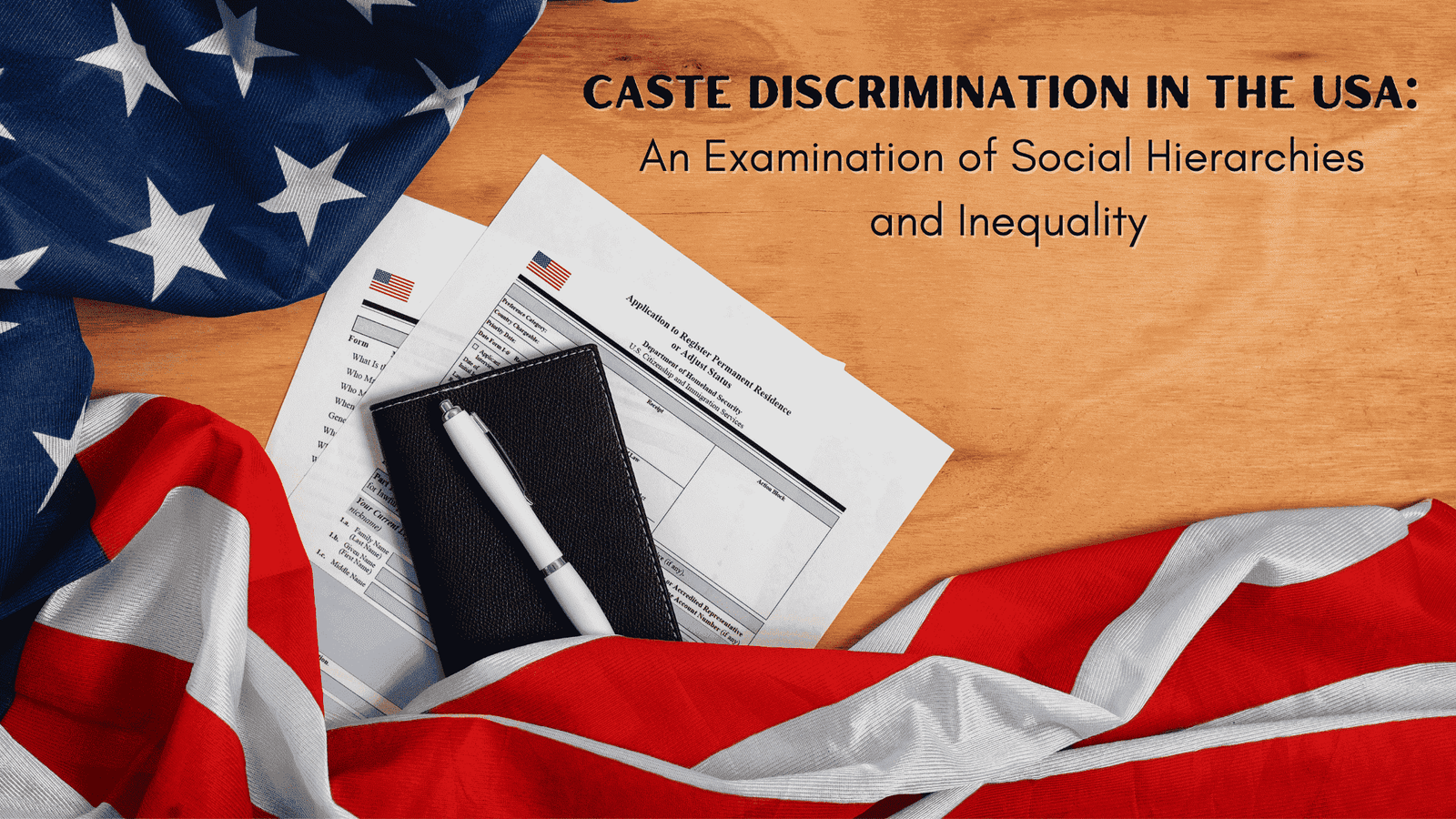
Caste discrimination, often associated with the Indian social context, has also found its way to the United States, where it poses significant sociological challenges. This article aims to explore the phenomenon of caste discrimination in the USA, employing sociological terminologies, jargons, theories, and concepts to critically analyze the social hierarchies and inequalities that exist within American society. By drawing upon the viewpoints of Indian and Western sociologists, relevant sociological works, statistical data, and sociological concepts, this article aims to shed light on the multifaceted dimensions of caste discrimination in the USA.
Understanding Caste:
Caste refers to a system of social stratification characterized by hereditary social groups with distinct social, economic, and ritualistic roles. In the Indian context, the caste system has historically divided society into rigid hierarchical groups, determining one's social status, occupation, and access to resources. The emergence of caste discrimination in the USA highlights the transnational nature of social hierarchies and the challenges of eradicating them.
Perspectives of Indian Sociologists:
Indian sociologists have extensively studied caste systems and their implications. Scholars such as B.R. Ambedkar, Suraj Yengde, and Andre Beteille have provided valuable insights into caste discrimination and its impact on social dynamics. Ambedkar contended that caste is extensively prevalent amongst all communities in South Asia and also amongst Hindus who travel outside South Asia. Yengde in “Caste Matters” has sought to draw parallels between the discrimination faced by Dalits in India and Blacks in America. Beteille, however, contends that any comparisons of caste and race and scientifically non-sensical and politically mischievous.
Western Sociologists' Perspectives:
Western sociologists have also contributed to the understanding of caste discrimination, particularly in the context of the Indian diaspora. Scholars such as Patricia Hill Collins and Gail Omvedt have examined caste-based inequalities from diverse perspectives. Collins's concept of "intersectionality" emphasizes the interconnectedness of social categories such as caste, race, and gender in shaping individuals' experiences of discrimination. Omvedt's research on "Understanding Caste: From Buddha to Ambedkar and Beyond" offers a comprehensive understanding of caste dynamics, the struggle for social justice, and the challenges faced by marginalized communities.
Caste Discrimination in the USA:
Caste discrimination in the USA primarily affects individuals from South Asian communities, particularly those of Indian, Nepali, and Sri Lankan descent. It manifests in various forms, including exclusion from social, educational, and professional opportunities, unfair treatment based on perceived caste identity, and the perpetuation of caste-based stereotypes and prejudices. The emergence of caste-based associations and social networks in the diaspora further reinforces these discriminatory practices.
Challenges and Consequences:
Caste discrimination in the USA poses significant challenges in addressing social inequalities and fostering inclusive communities. It undermines the principles of equality, social justice, and individual rights. Individuals subjected to caste discrimination often face psychological distress, limited economic opportunities, and restricted social mobility. The persistence of caste-based prejudices and stereotypes perpetuates social divisions and impedes the formation of cohesive multicultural societies.
Legislation and Advocacy:
Efforts to address caste discrimination in the USA involve a combination of legal measures, advocacy, and community-driven initiatives. Organizations such as Equality Labs and South Asian Americans Leading Together (SAALT) have been at the forefront of raising awareness, advocating for policy changes, and supporting individuals facing caste-based discrimination. However, addressing caste discrimination requires broader societal recognition, institutional change, and inclusive practices across various domains.
Conclusion:
The existence of caste discrimination in the USA highlights the complexity of social hierarchies and inequalities transcending national boundaries. By examining caste discrimination through a sociological lens, incorporating insights from Indian and Western sociologists, and exploring relevant sociological works, we can gain a deeper understanding of the challenges faced by marginalized communities. Addressing caste discrimination requires collective efforts, including legislative measures, community activism, and the promotion of inclusive social practices. By acknowledging and confronting caste-based discrimination, the USA can strive toward building a more equitable and inclusive society for all its residents.
